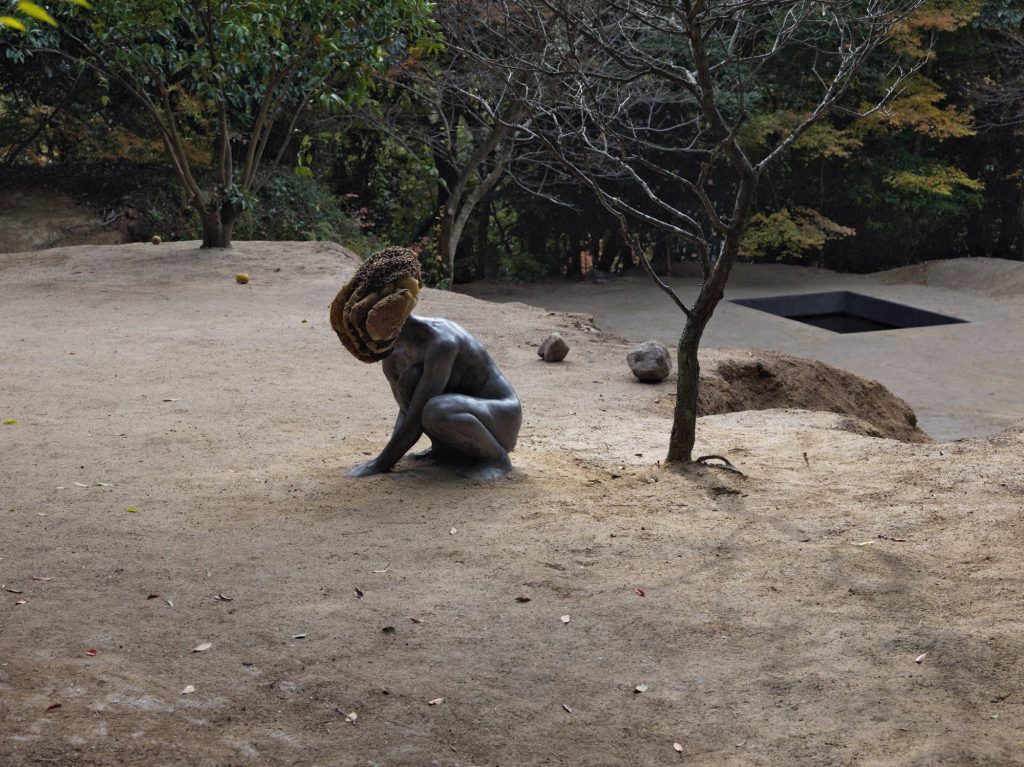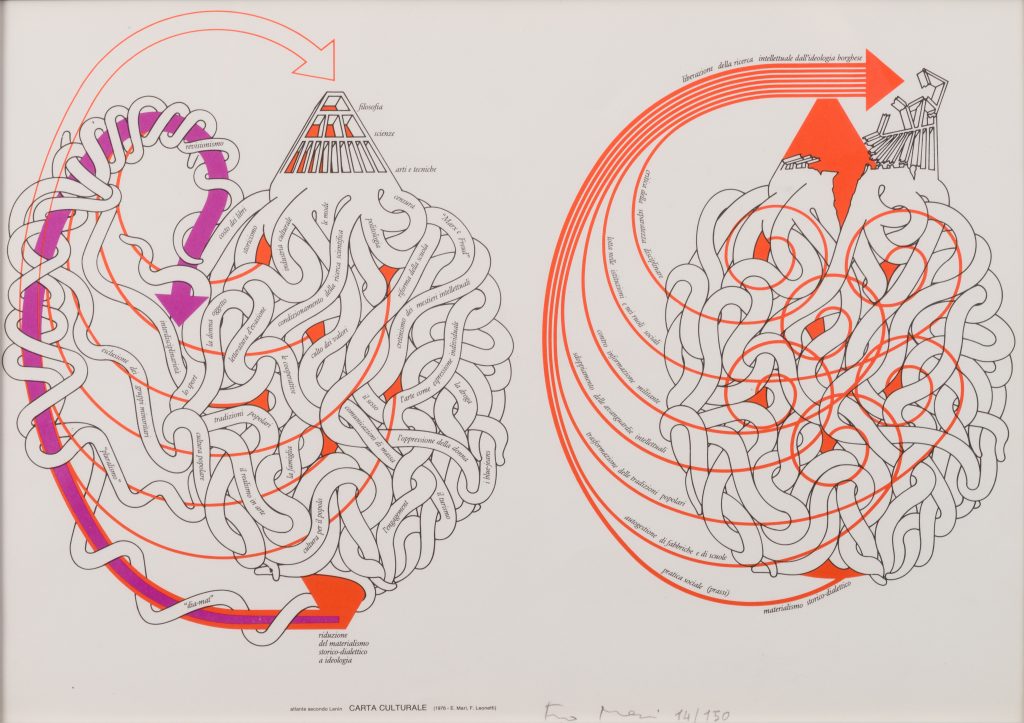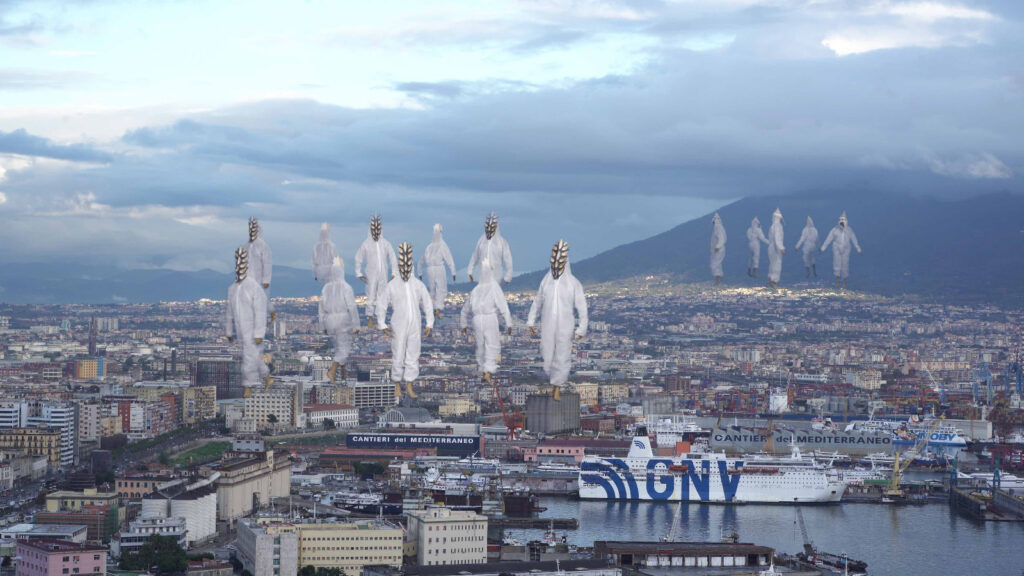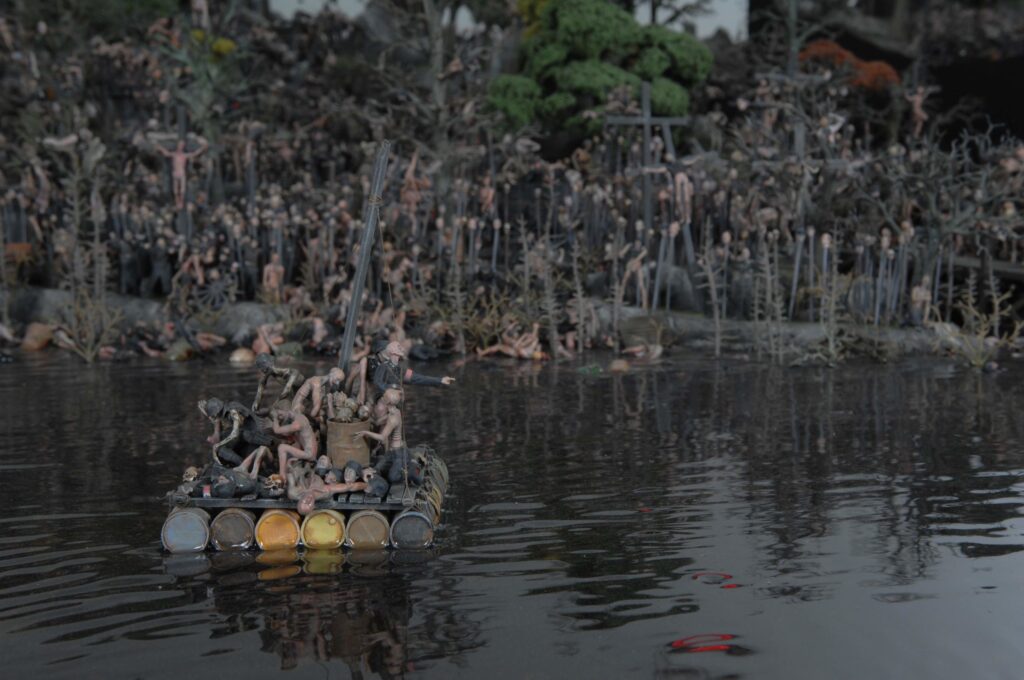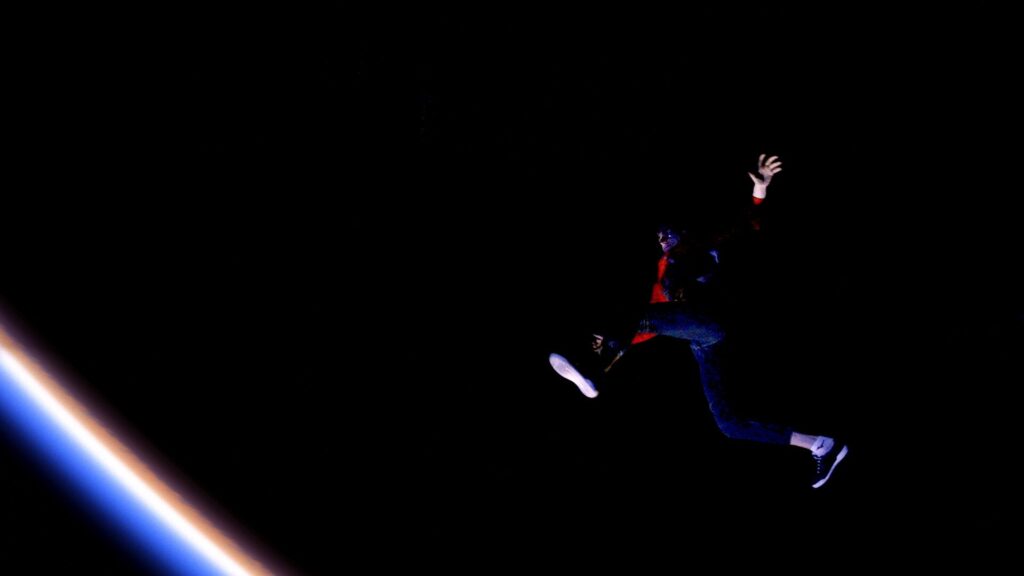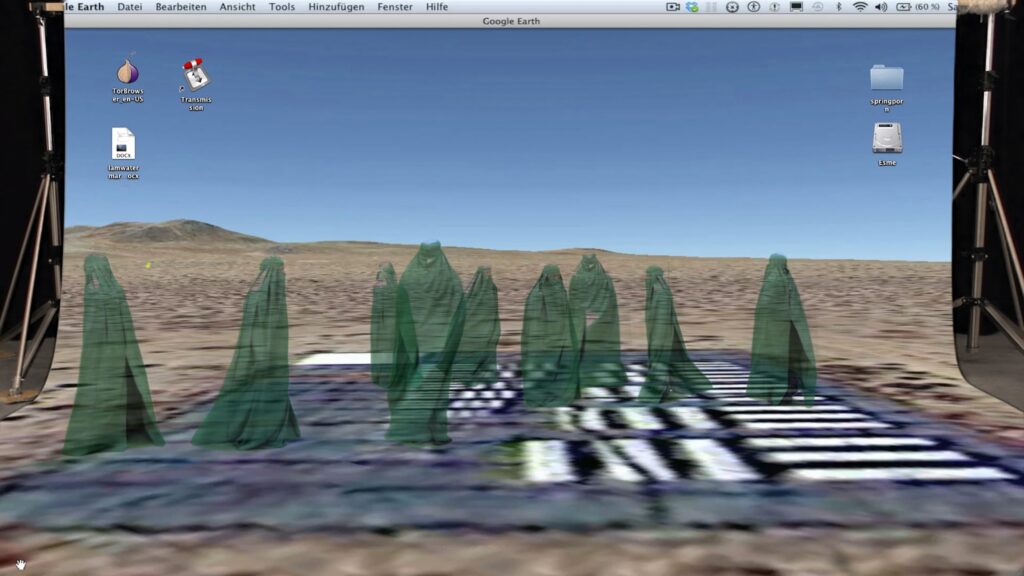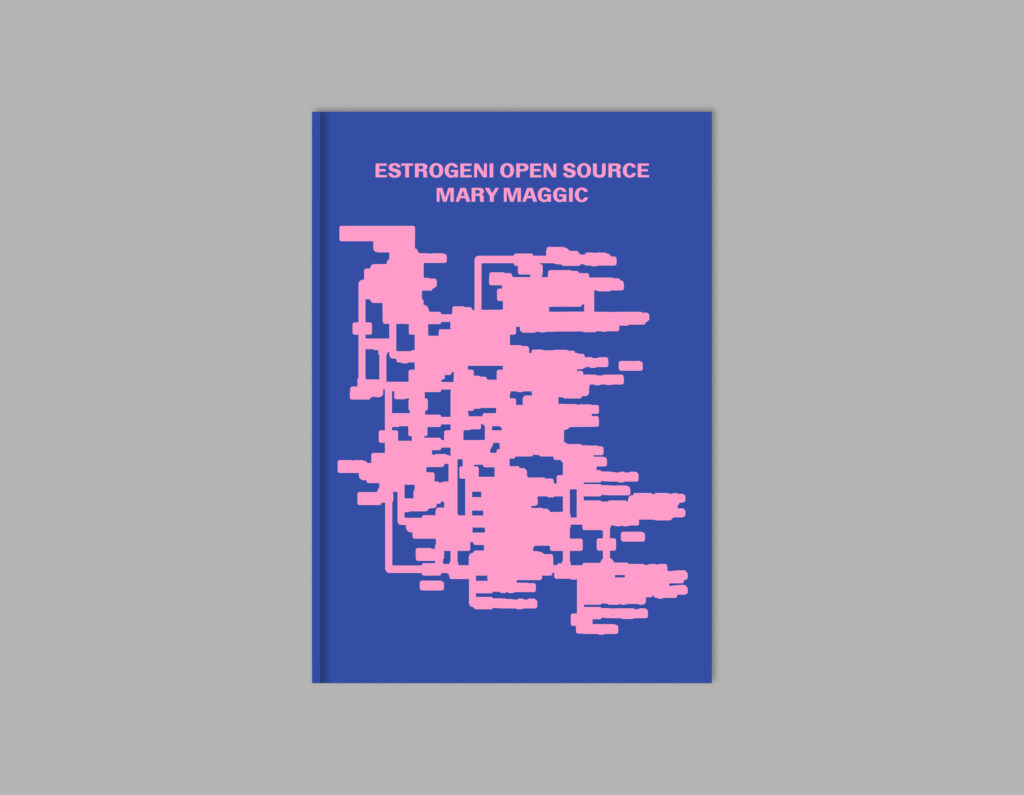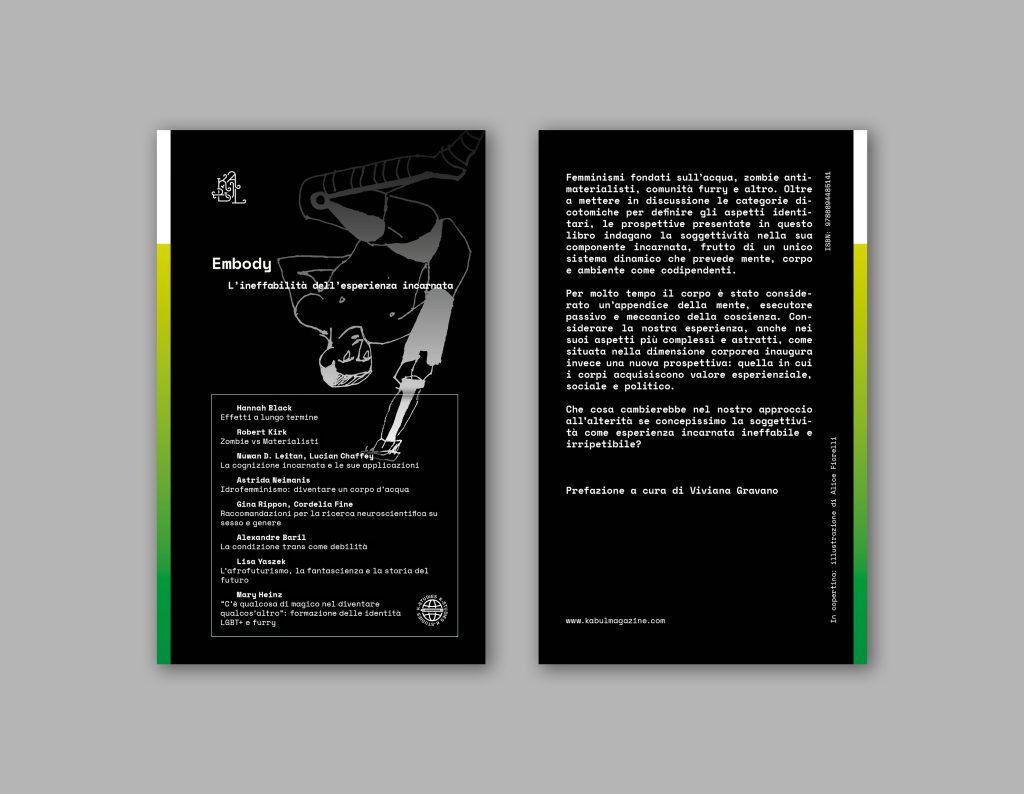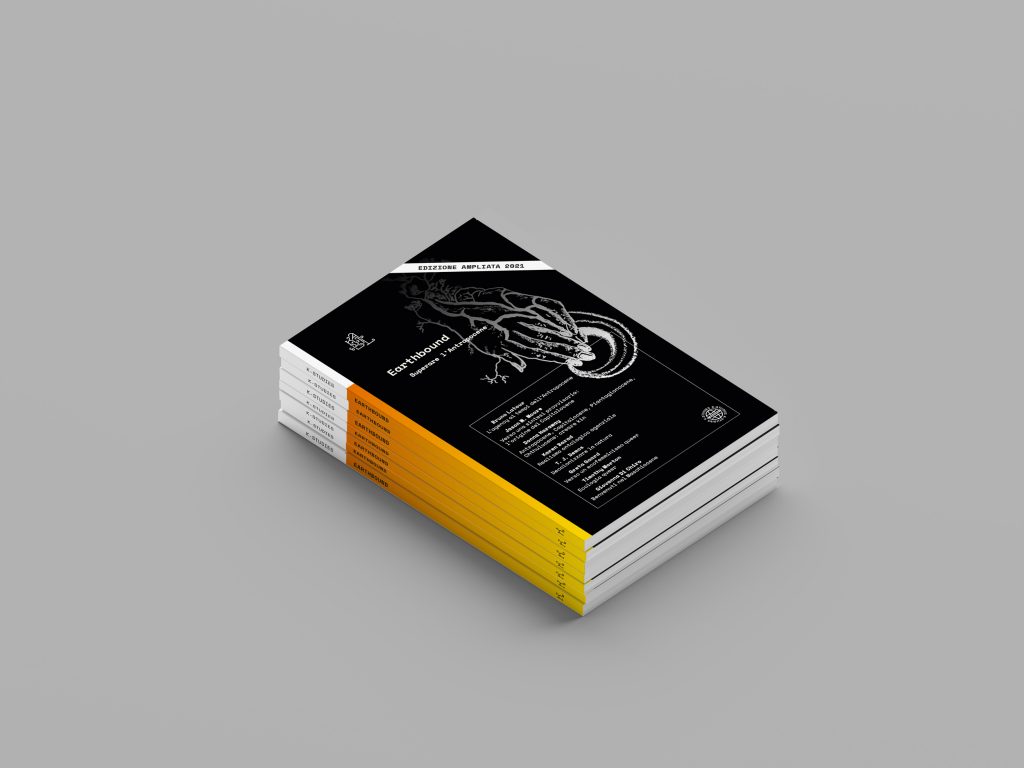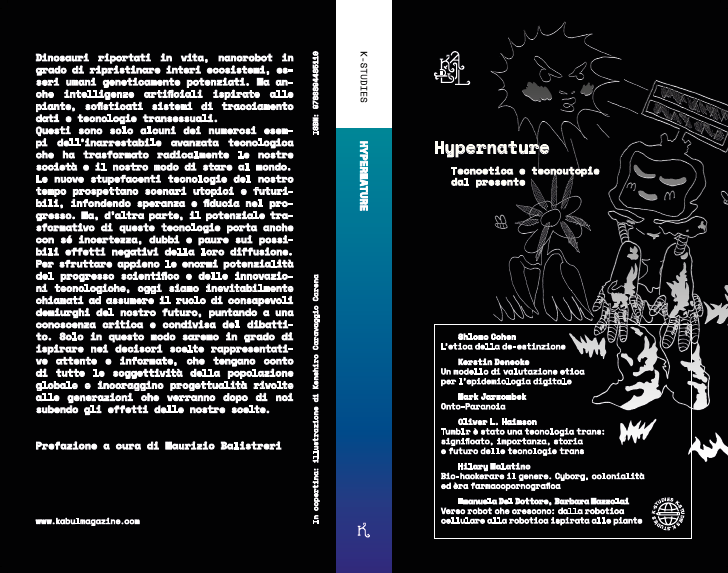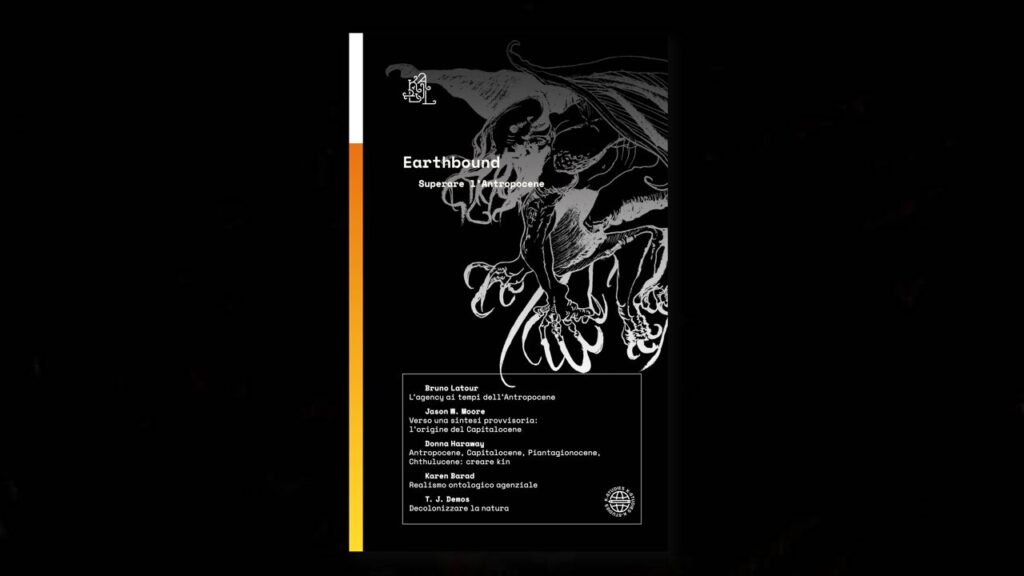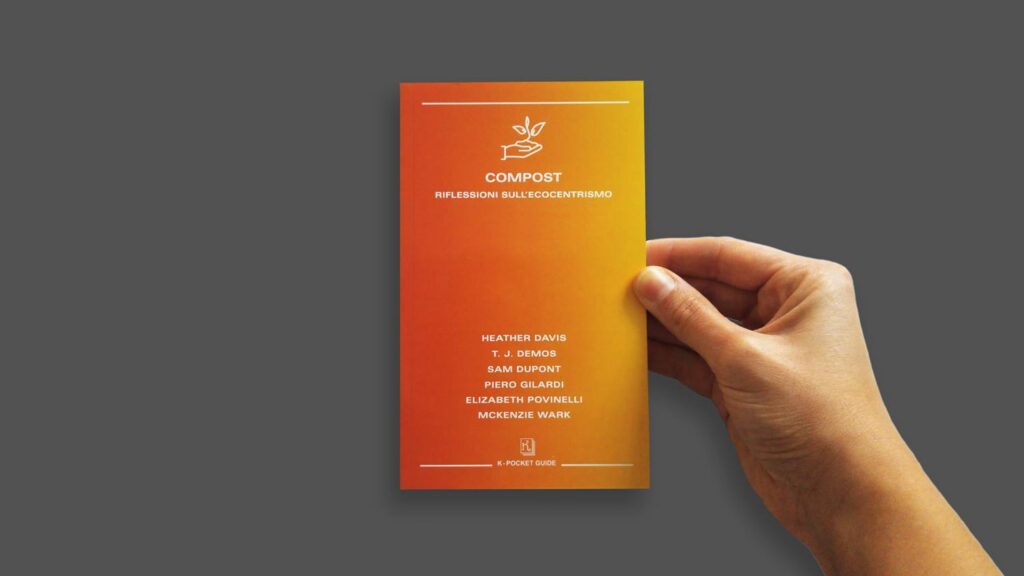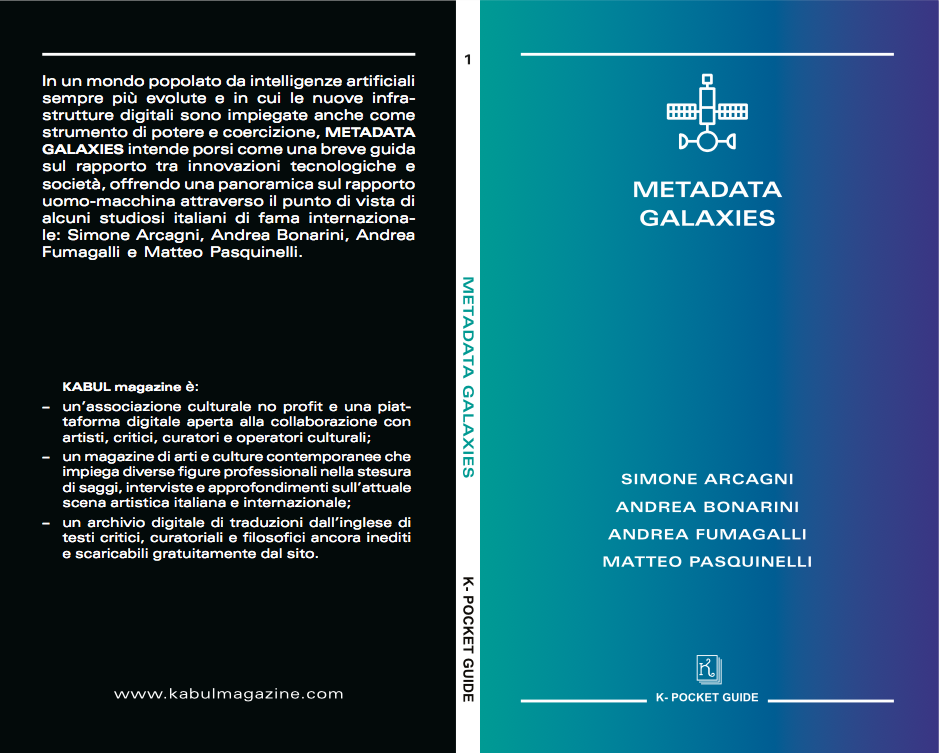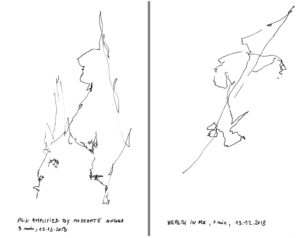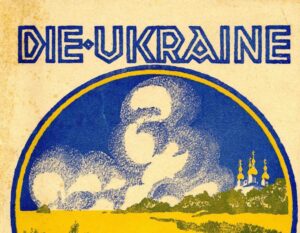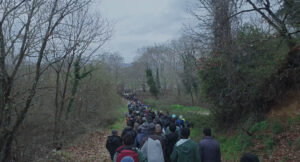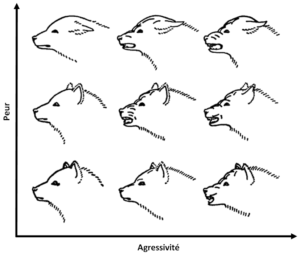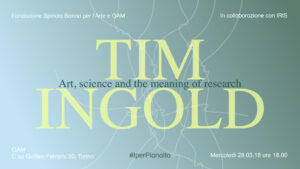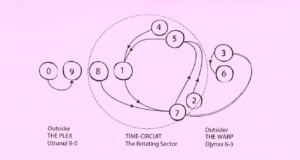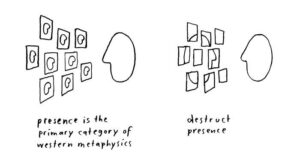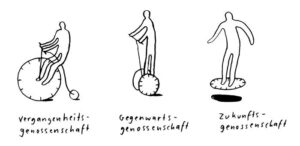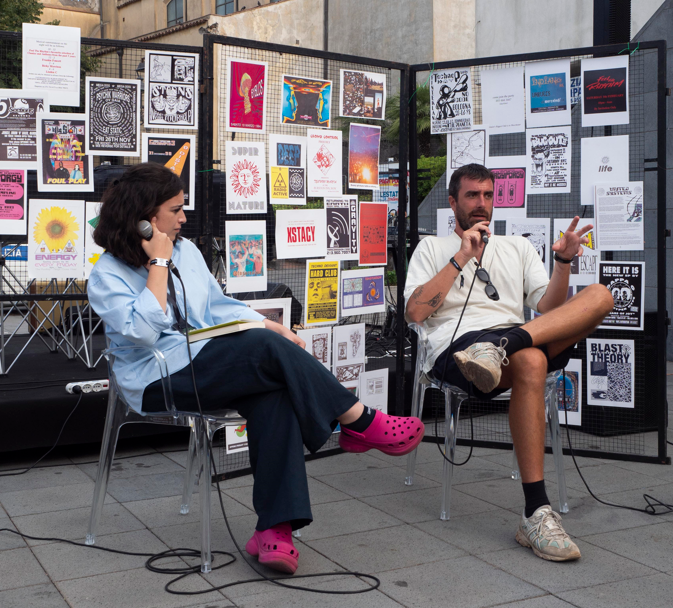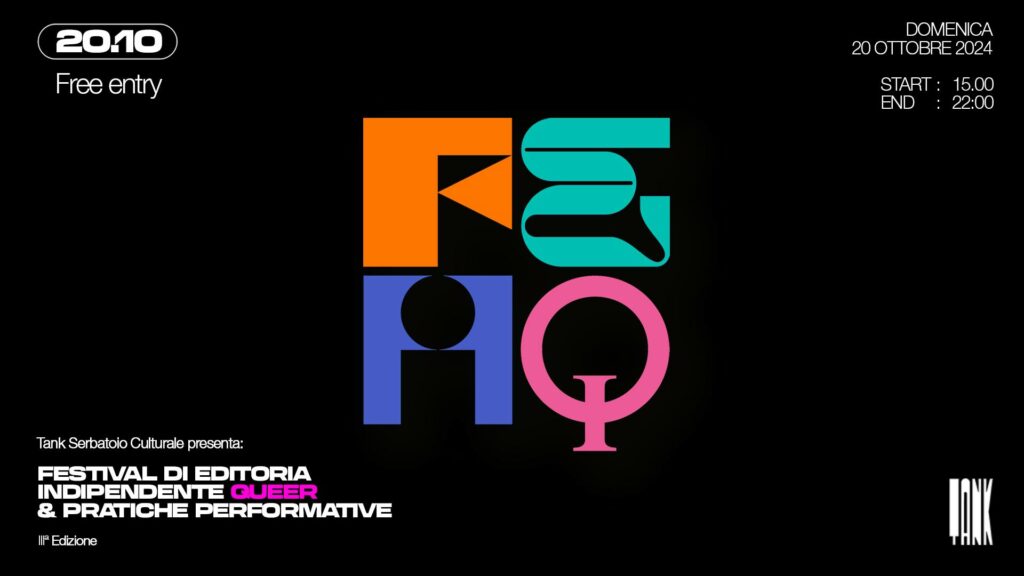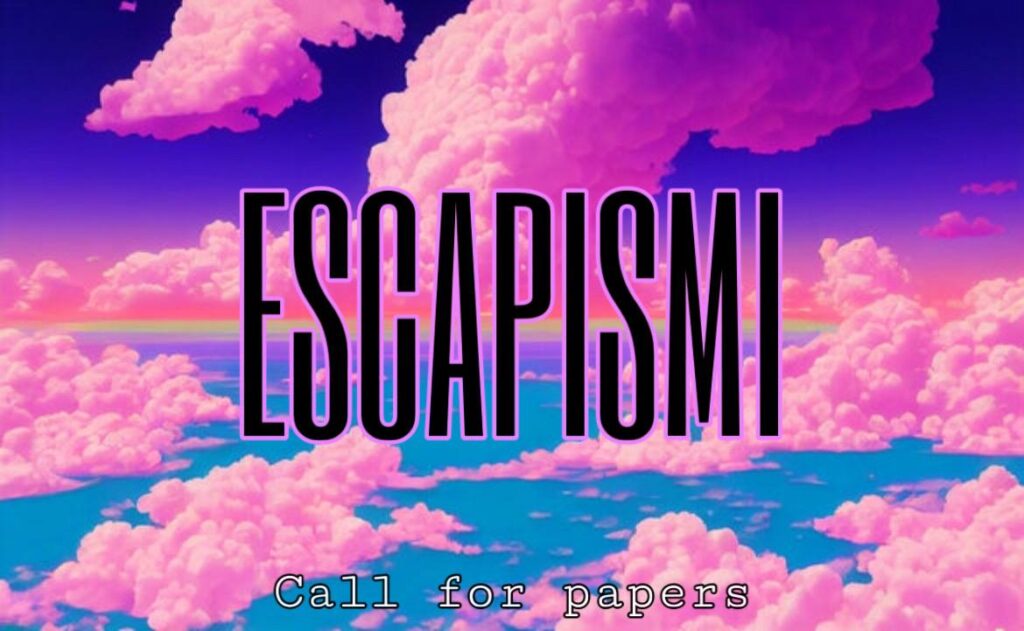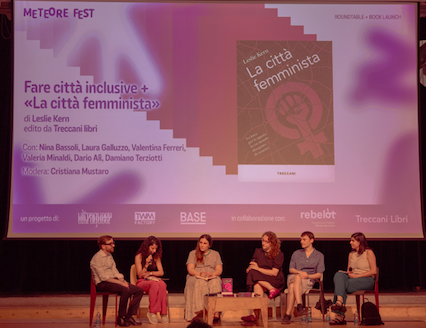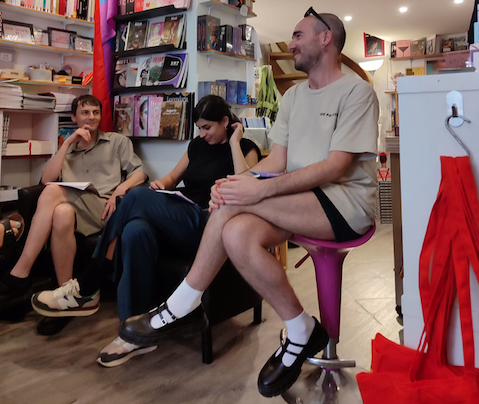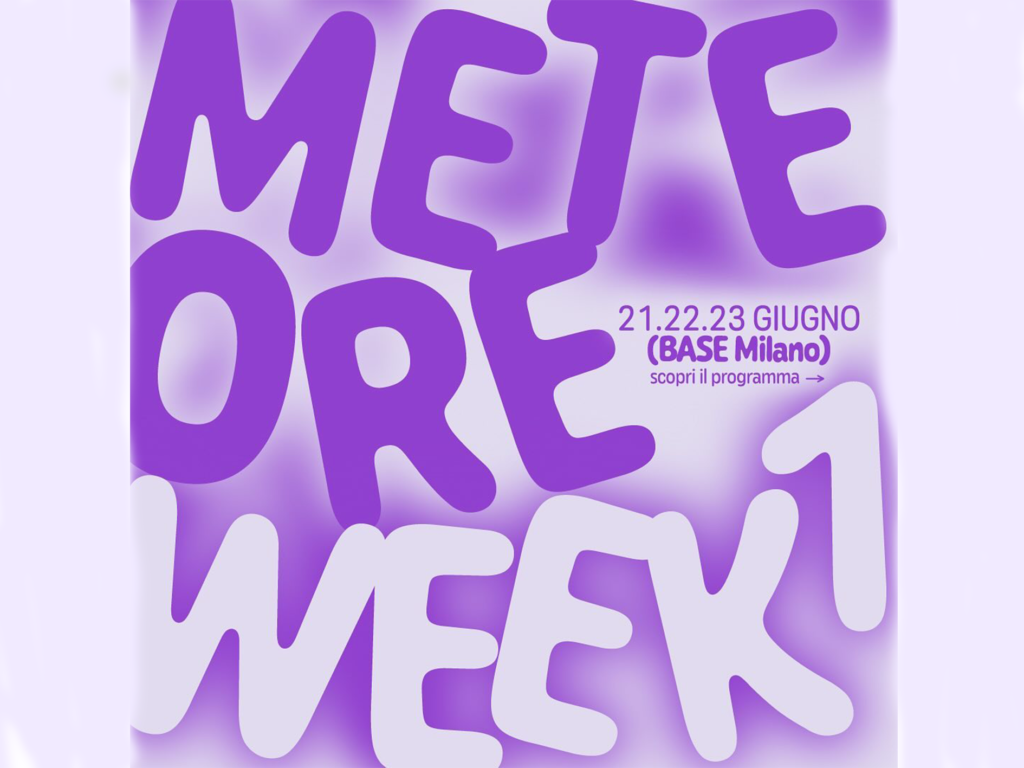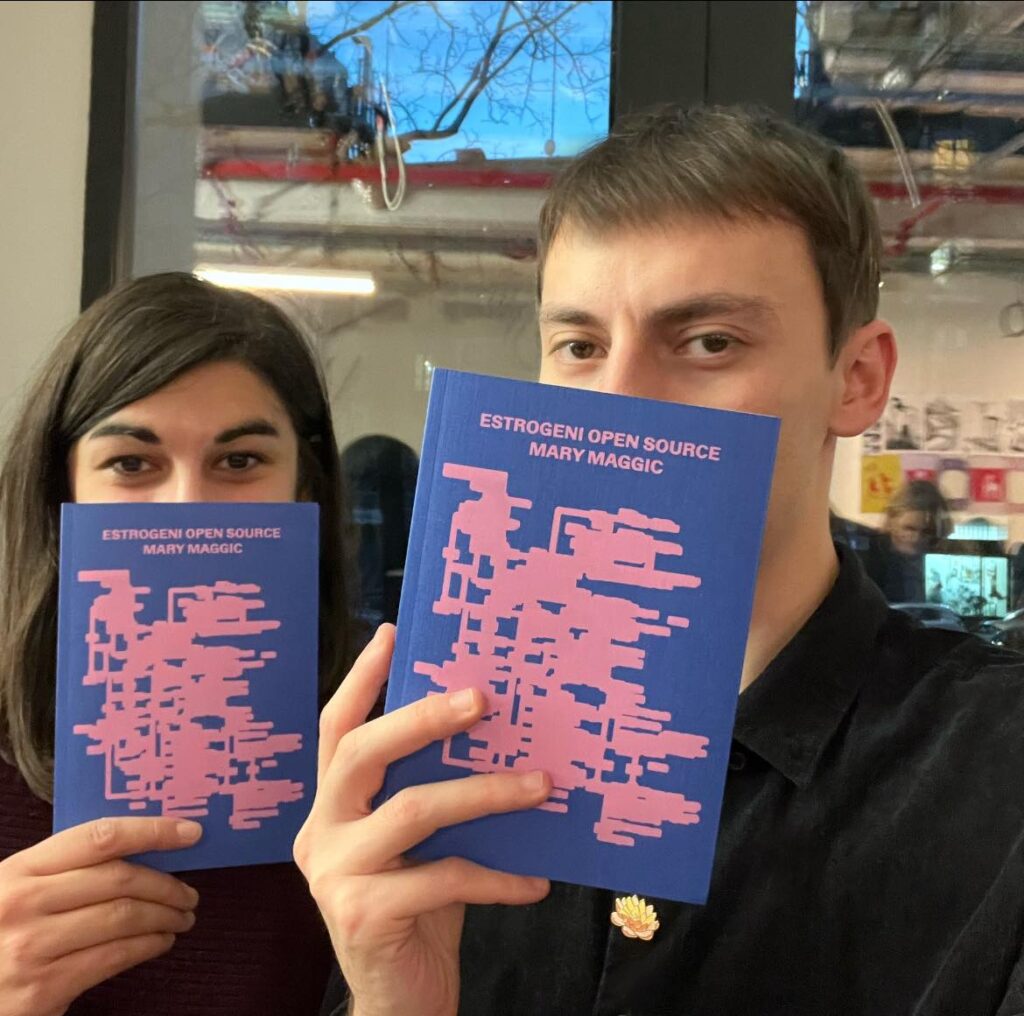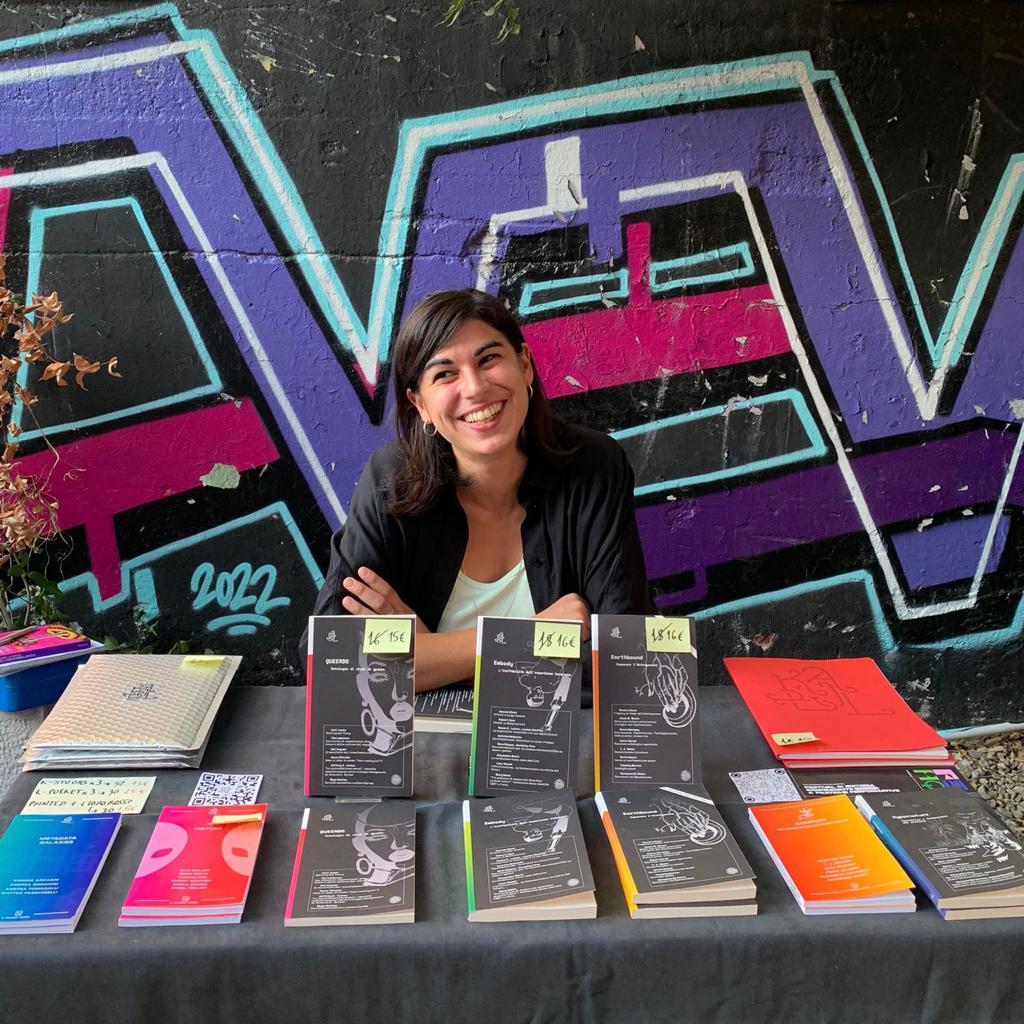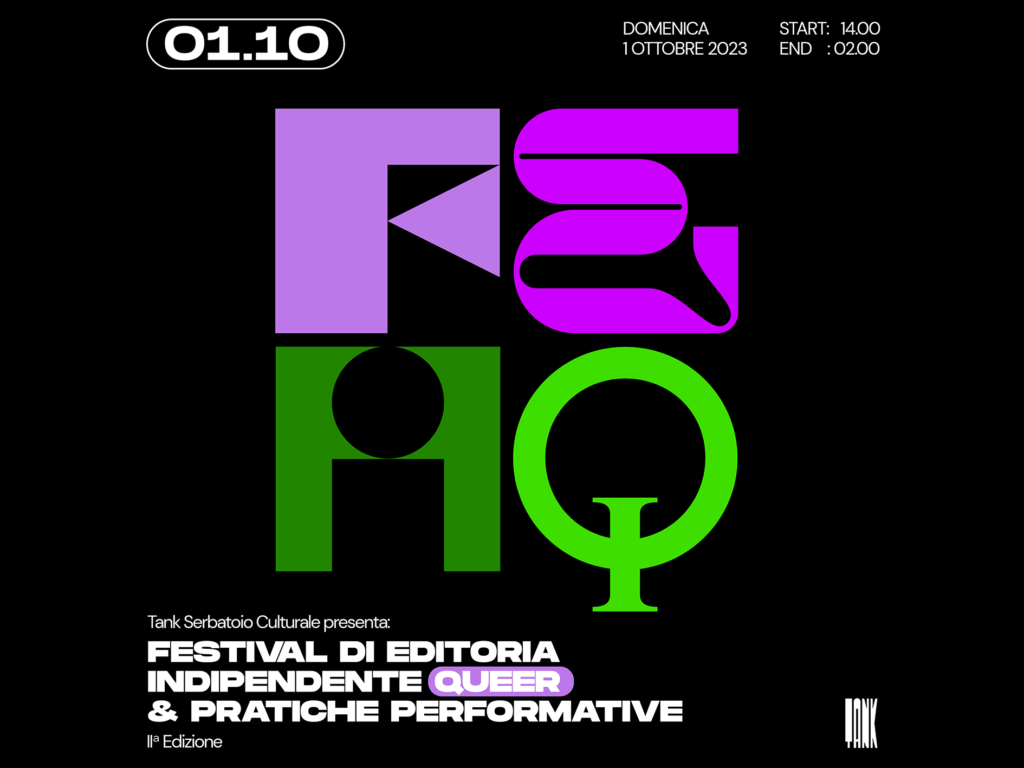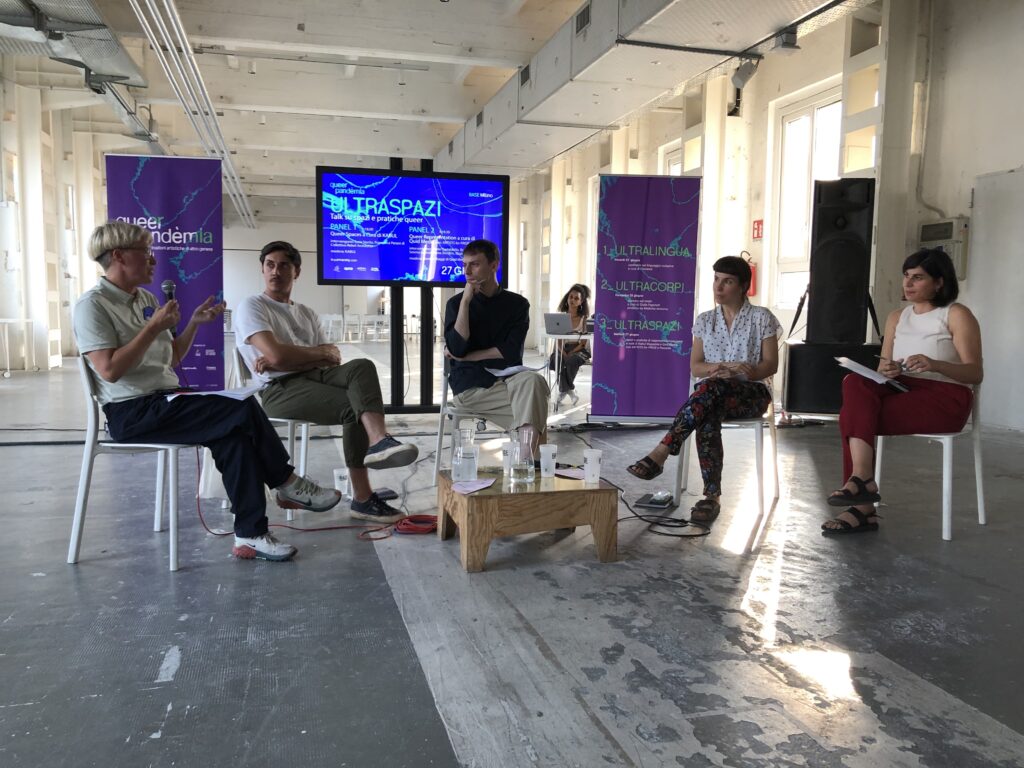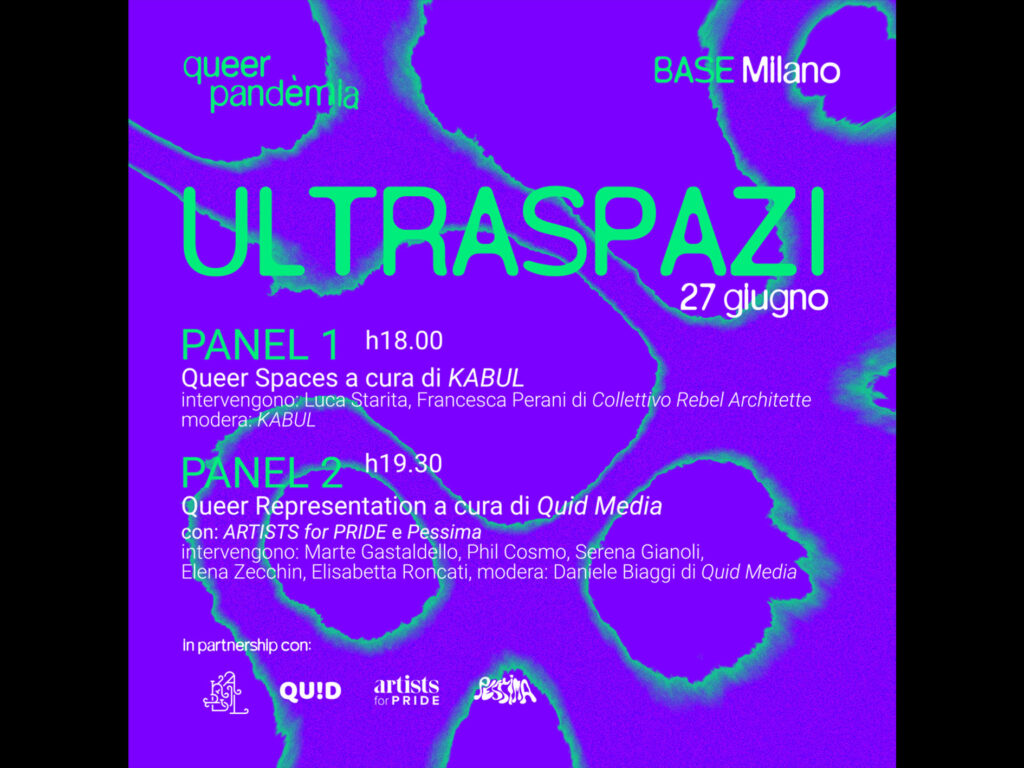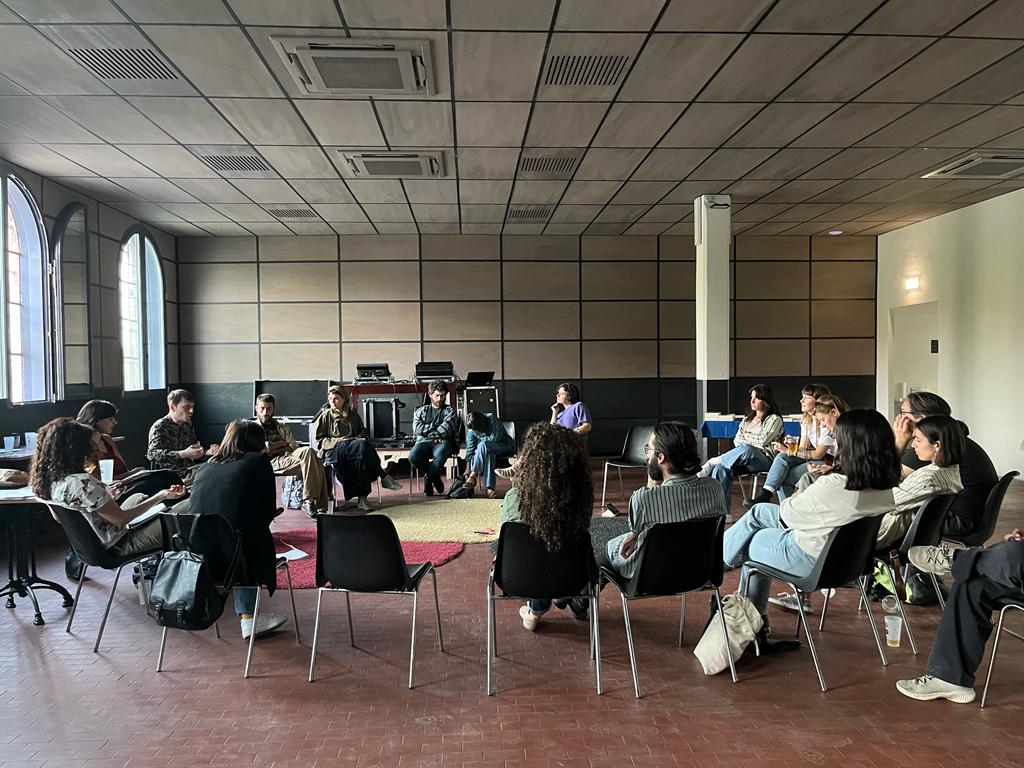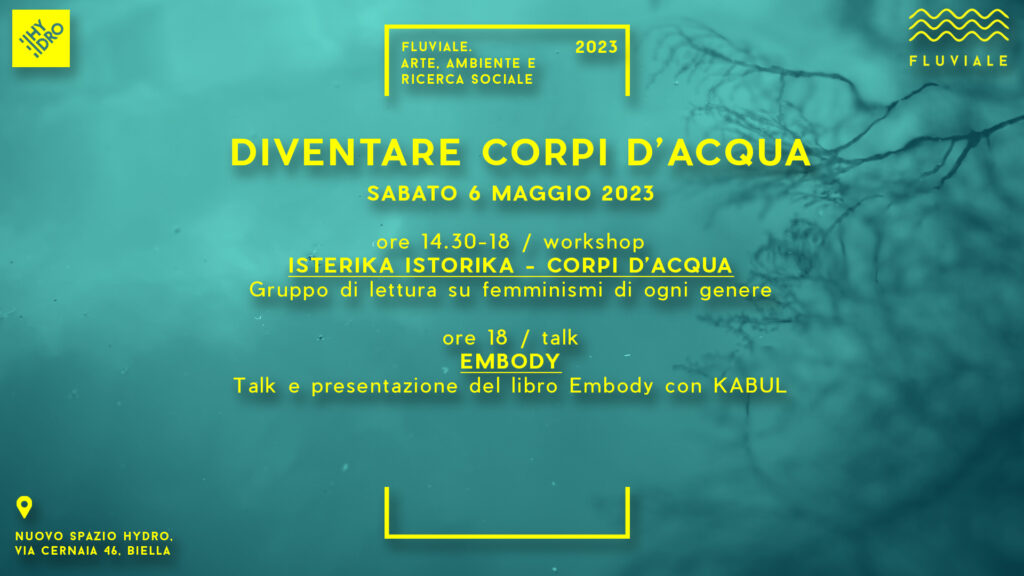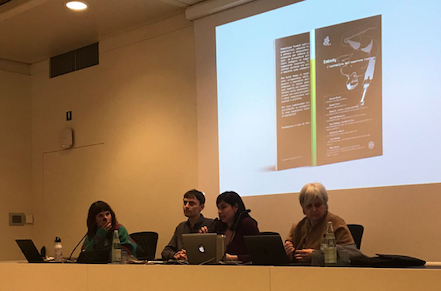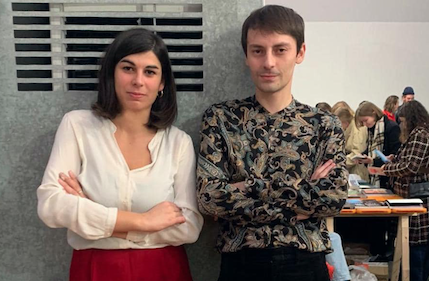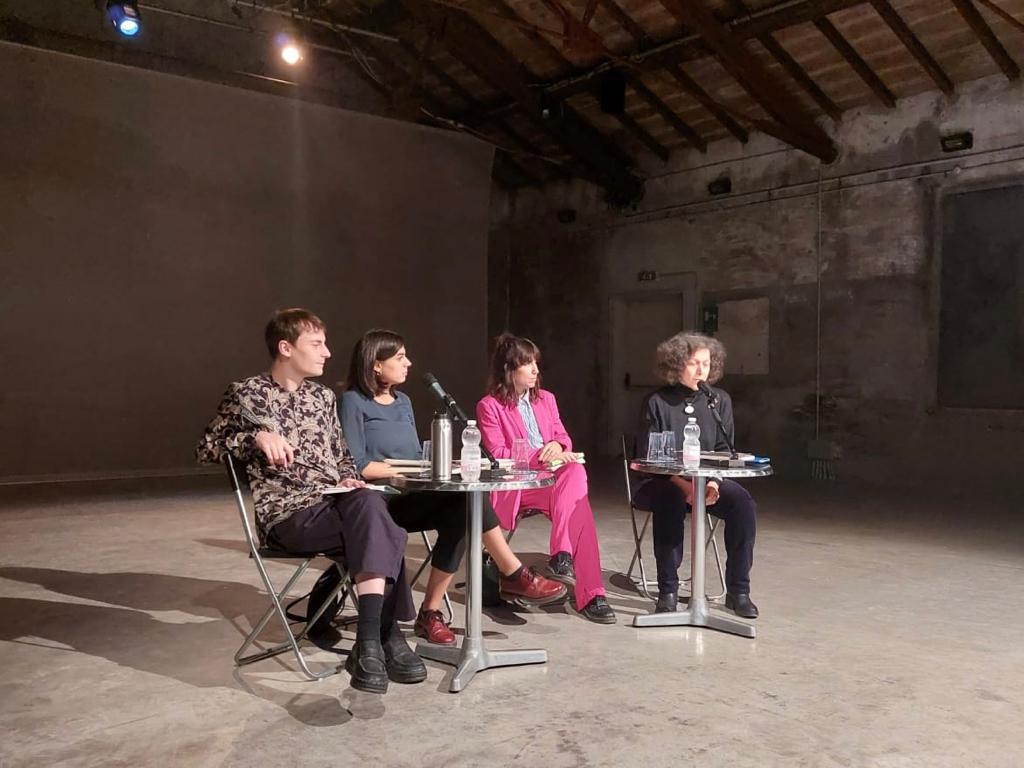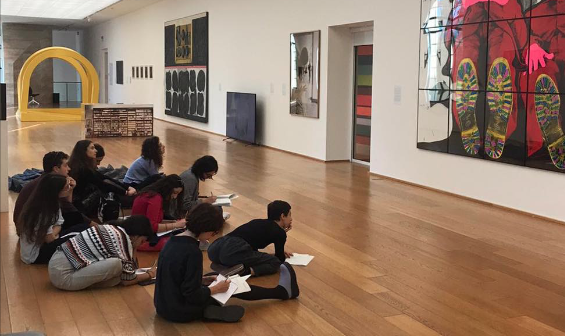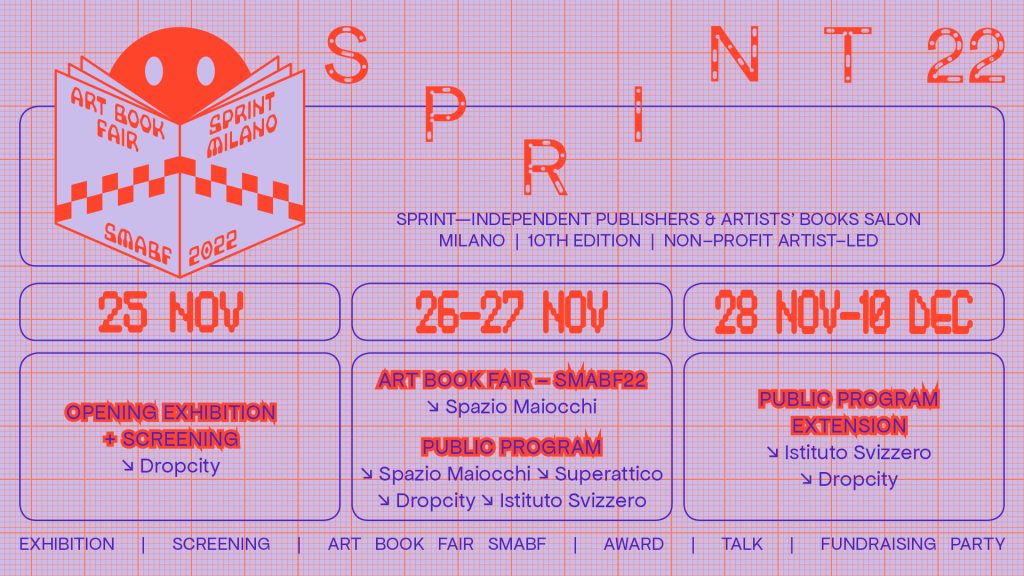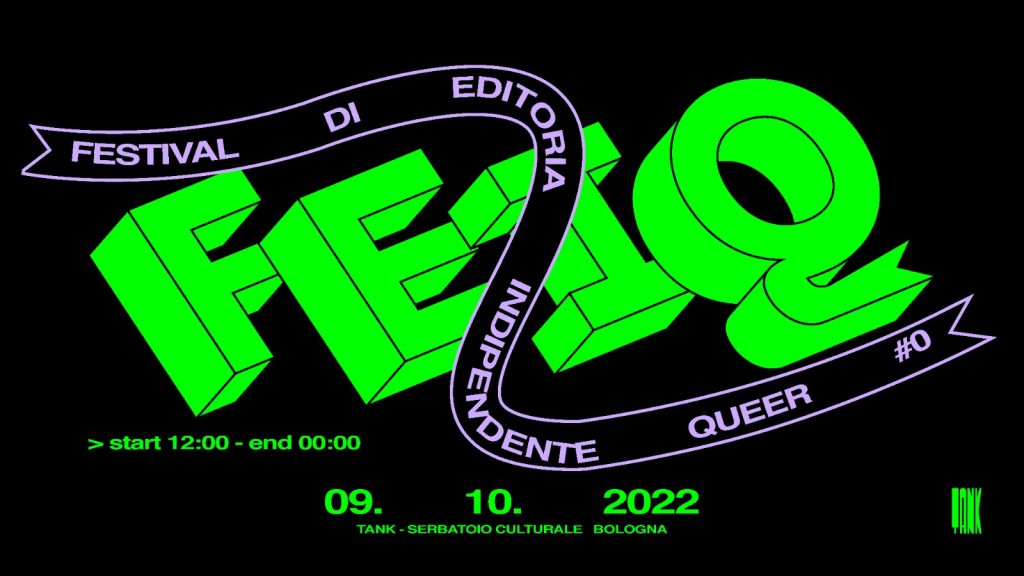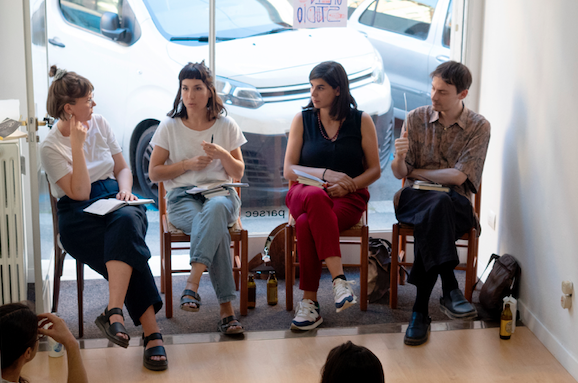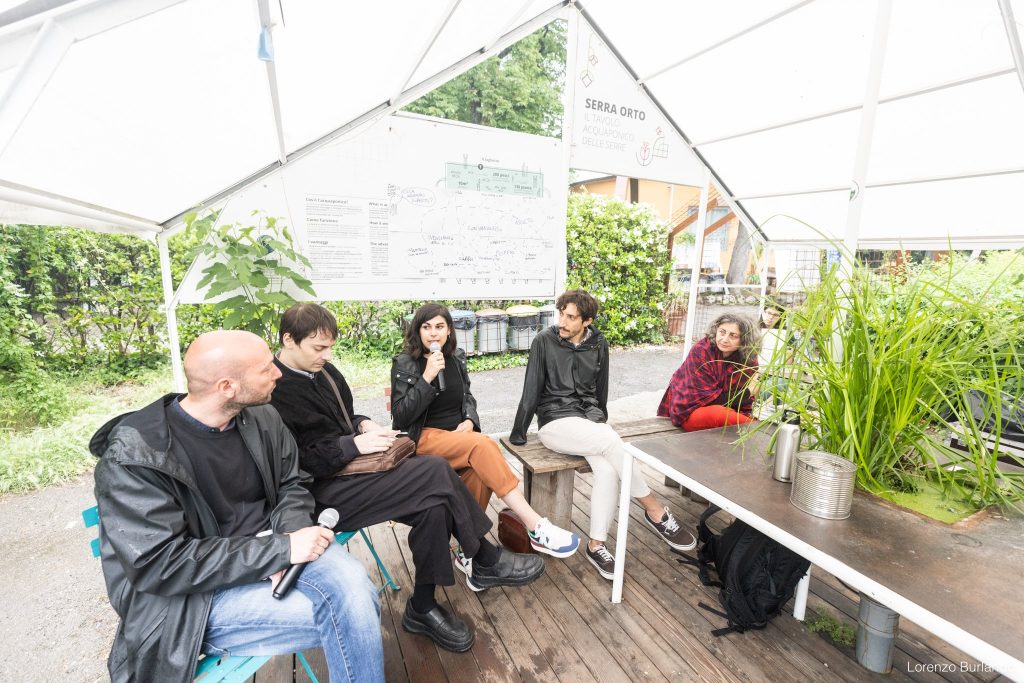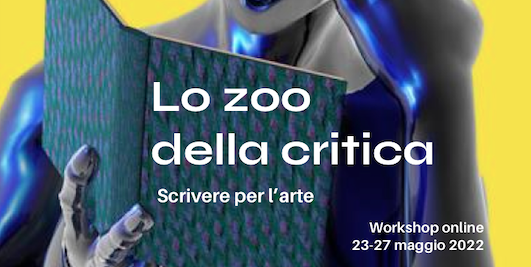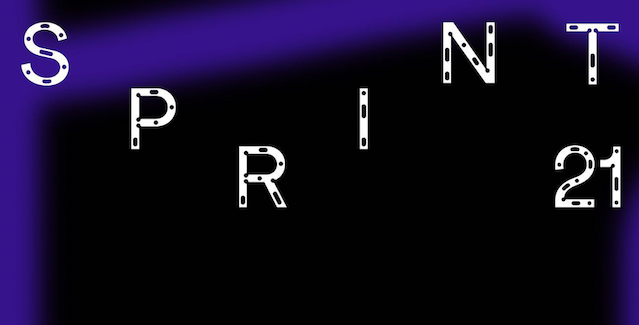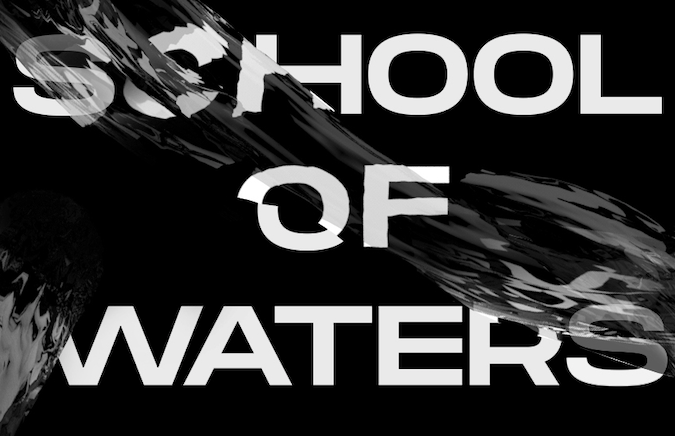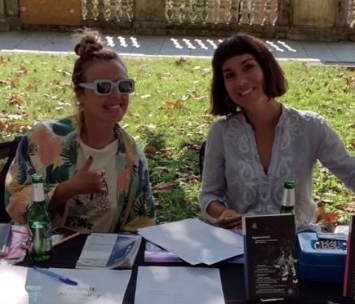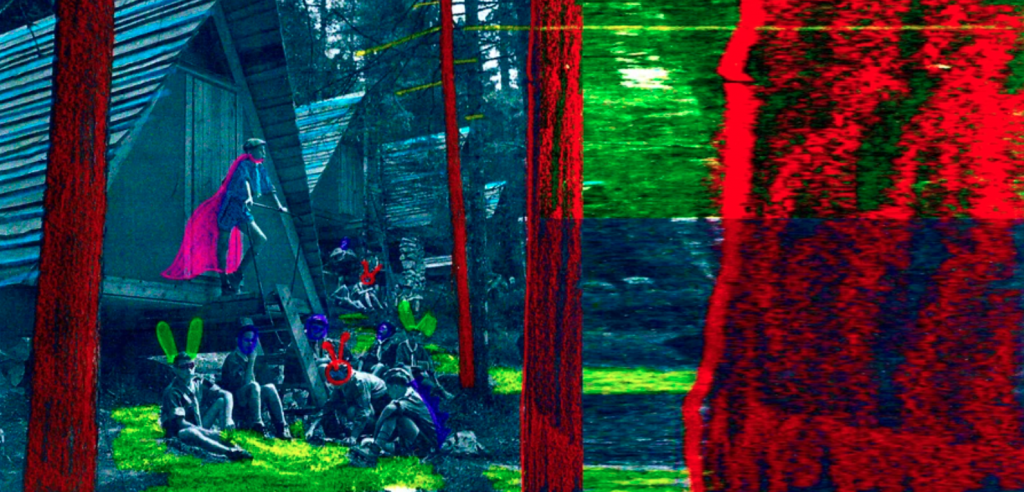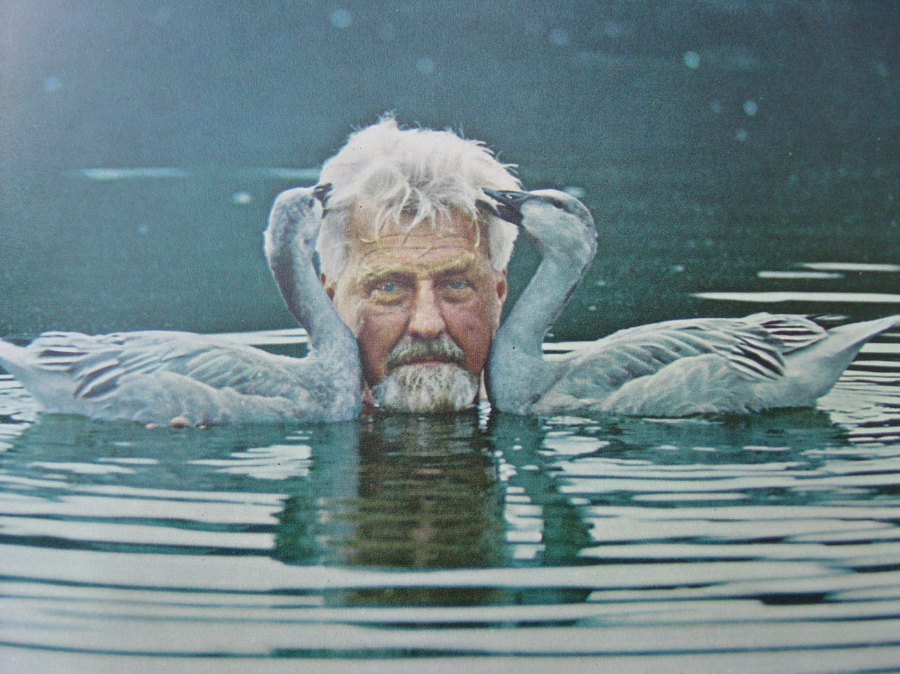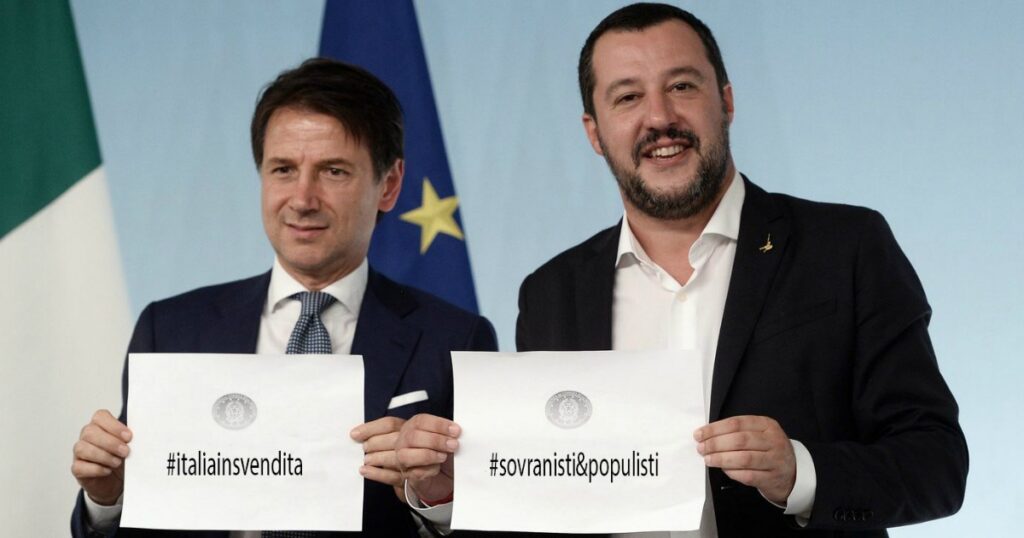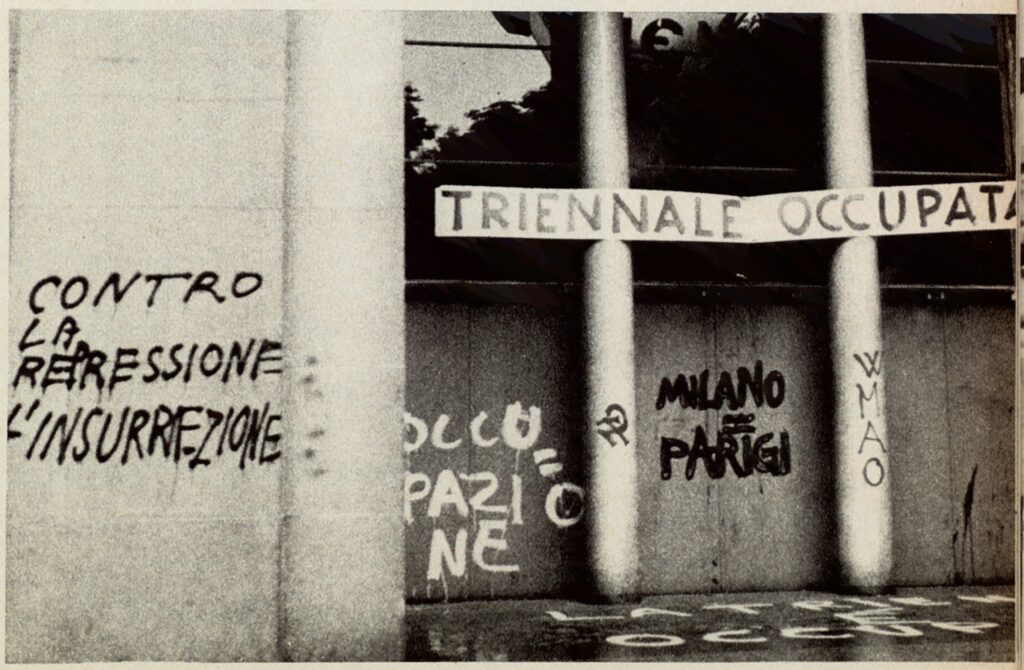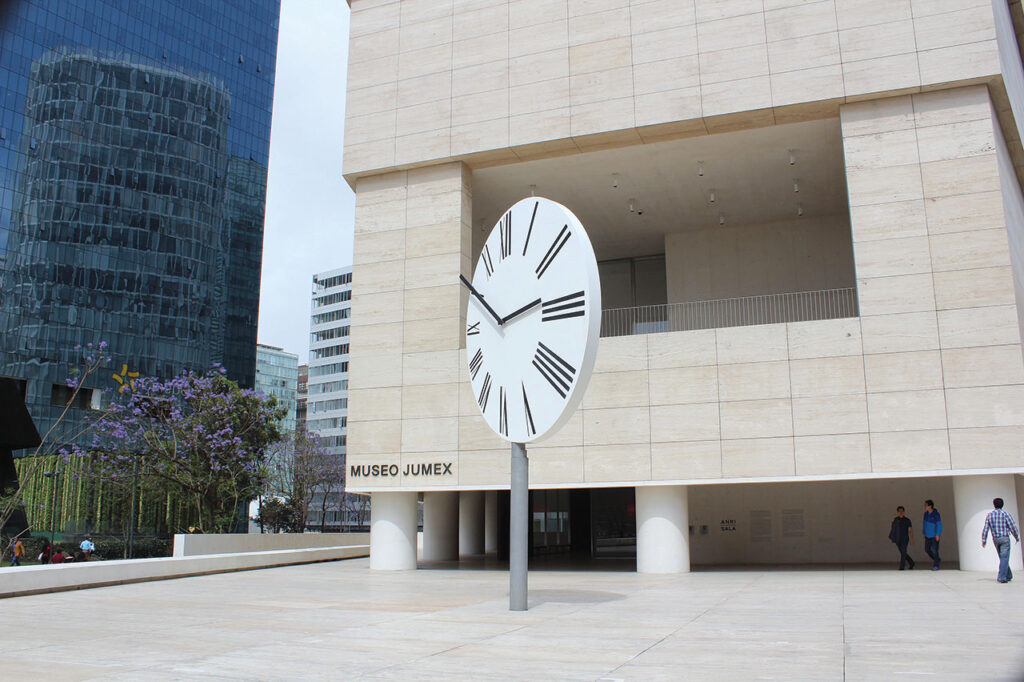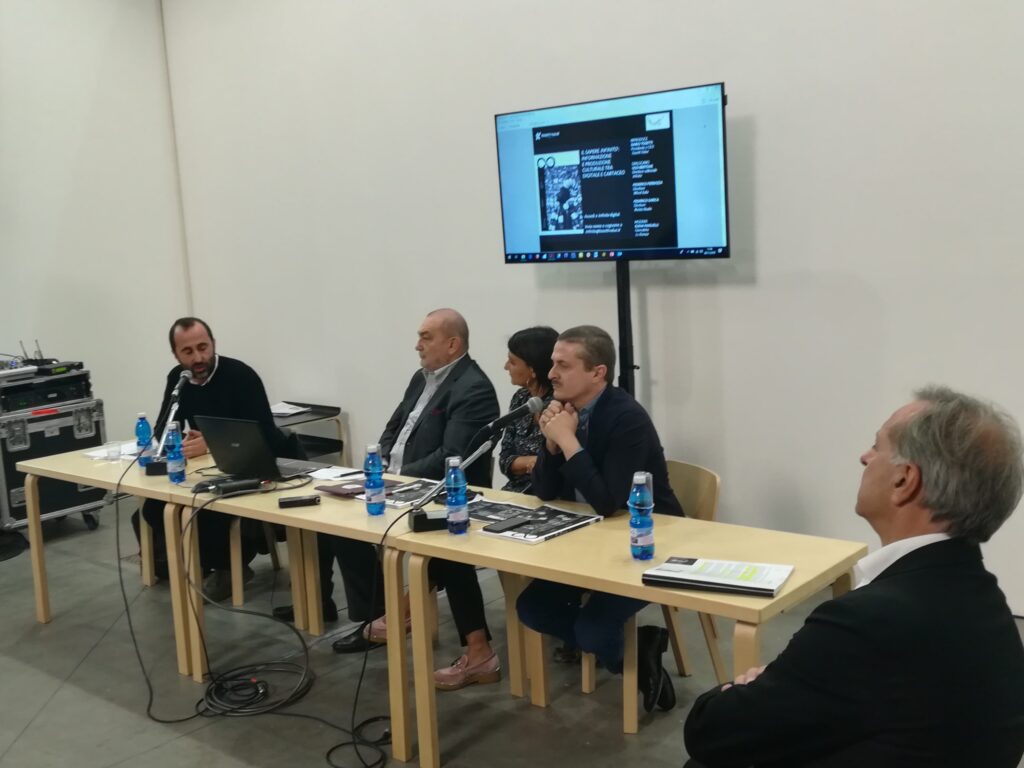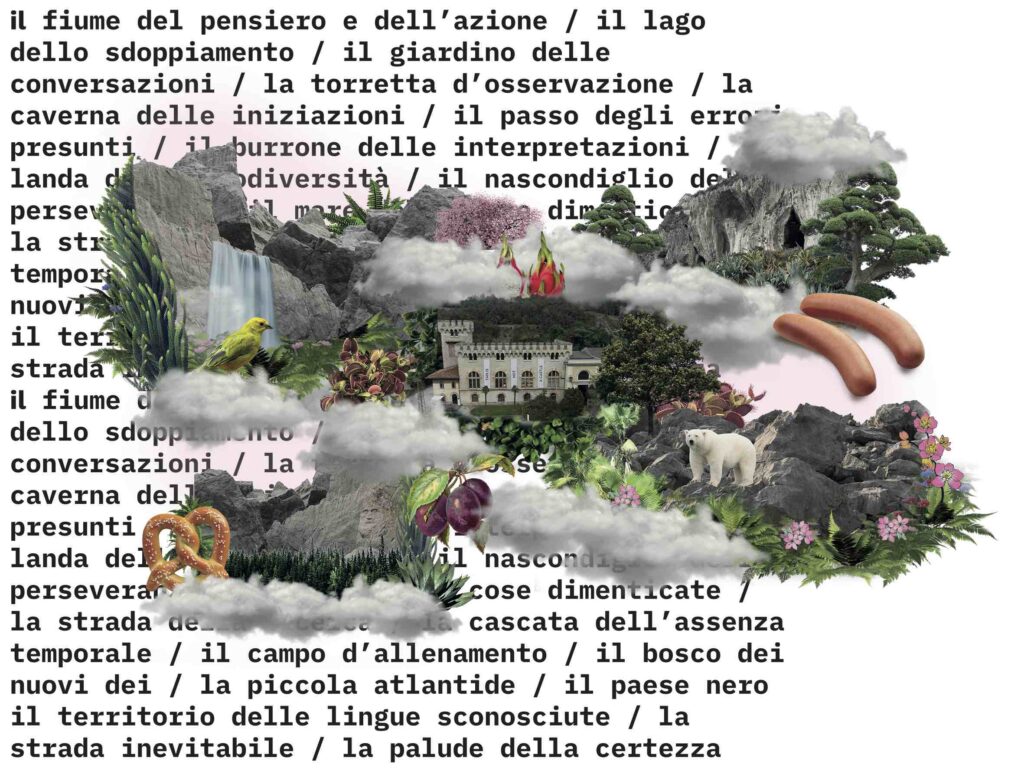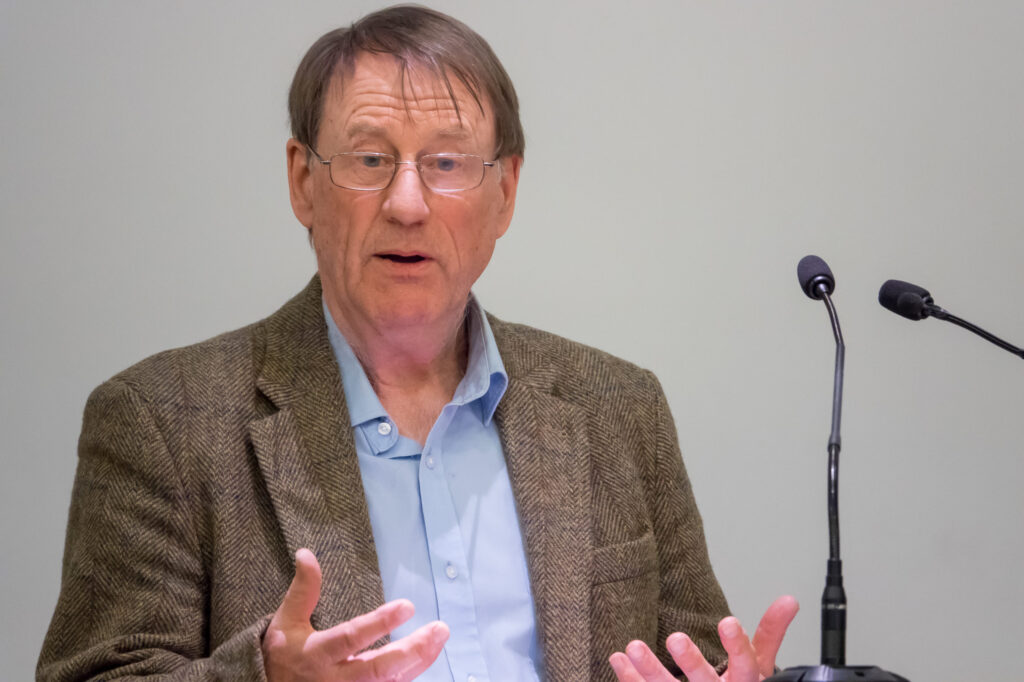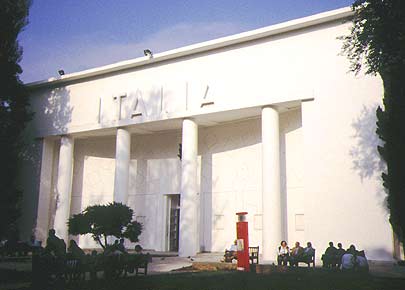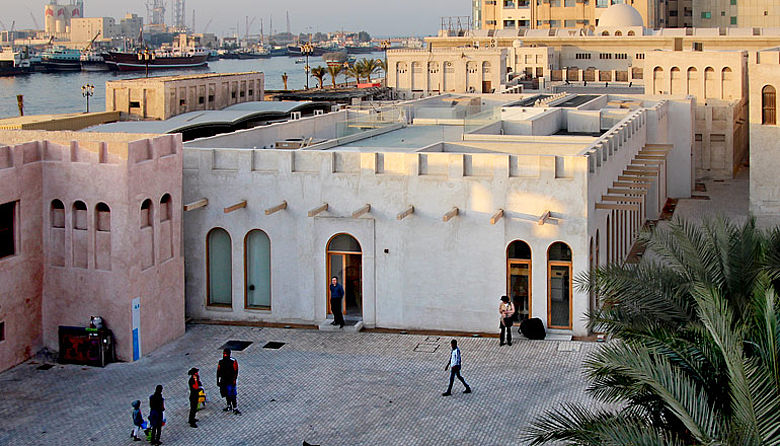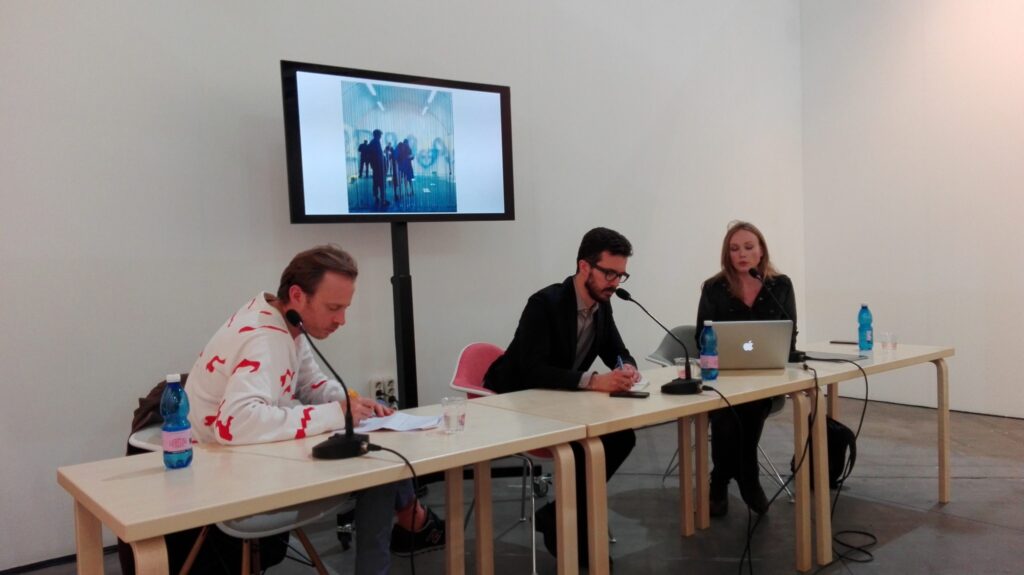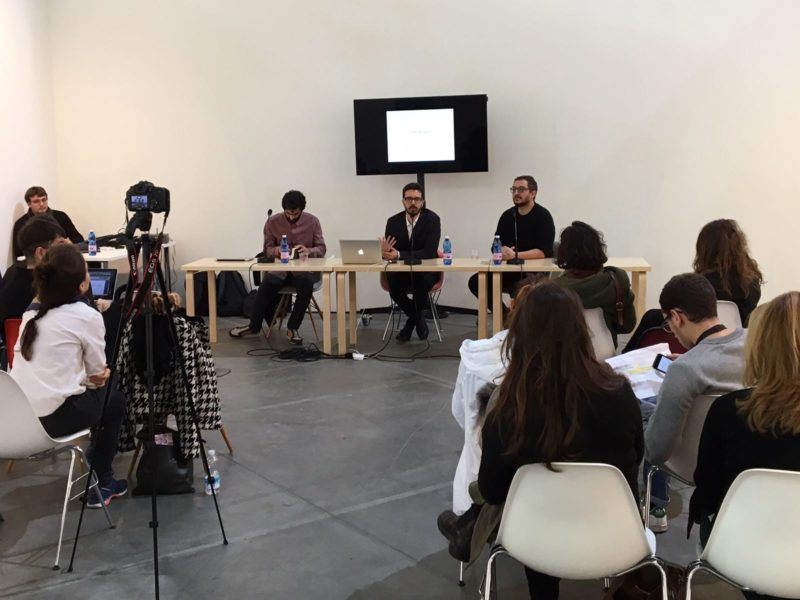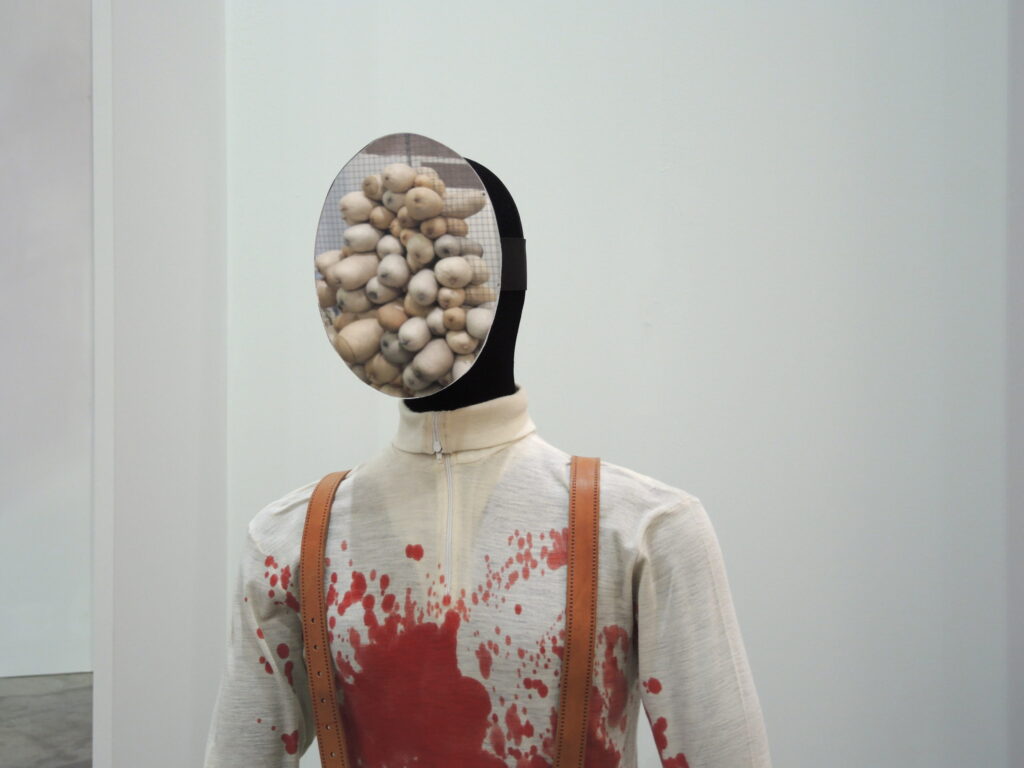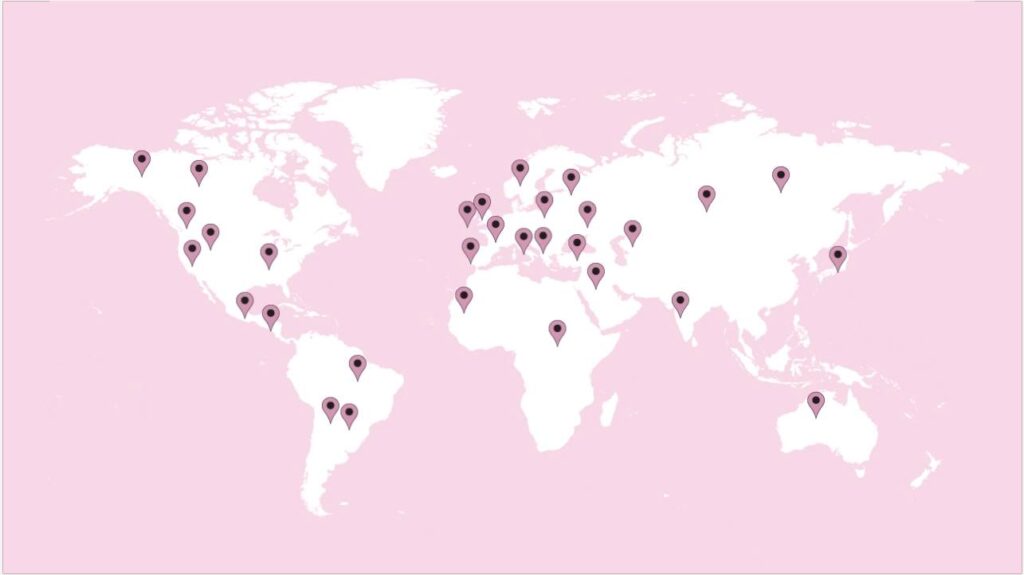 m – The Republic of Lakotah or Lakotah is a proposed independent republic in North America born in 2007 – 2016.
m – The Republic of Lakotah or Lakotah is a proposed independent republic in North America born in 2007 – 2016.
«Je est un autre».
(A. Rimbaud)
Can a literary aesthetic theory help us to interpret the world and be a useful paradigm to find new paths and directions for the construction of another reality? The text that follows will try to answer these questions, reading a precise and specific literary theory as a possible and new paradigm for the contemporary. The intent is to contrast the concept of exotopy to what here is called the ‘Globalization of the We’.
The concept of exotopy appears for the first time in The Author and the Hero in the Aesthetic Activity, a text made up of a series of materials developed during the first half of the twenties by Mikhail Bakhtin. This is the moment in which the Russian philosopher formulates the concept of ‘Vnenachodimost’, key term on which is pivoted its whole philosophy. ‘Vnenachodimost’ is a neologism translated as «extralocality» or «exotopy», and indicates the position that the author must have towards his character. Through the ratio Author-Hero, Bakhtin comes to talk about the relationship I-Other, opening the scenario of an aesthetic that borders on moral philosophy. The exotopy indicates the condition of being out of something, even to a thing close to this something. In Bakhtin’s aesthetics, it is the condition of being out of the author with respect to his character; in metaphysics, however, it refers to the Ego condition with respect to the Other. In the aesthetics of the philosopher, the specific distinction ‘Me and Other’ is depicted through the separation of the author – that is to appear as the Ego – and the character – that is, however, in the position of the Other. The concept of exotopy is oriented as a dialogical alterity: this means, for example, that the value of the other word – be it a real man or the character of a novel –, to be understandable and evaluated, requires a special position, a particular point of view defined as «transgredient». Transgrediency and exotopy are almost synonymous, and indicate that particular position that allows the Ego to complete the Other: I perceive a particular portion of the world, occupied and seen only by me and inaccessible to the Other; and, conversely, the Other senses a portion of the world to me equally inaccessible.
Thus, the central problem around which the whole philosophy of Bakhtin is developed is the relationship ‘I-Other’: this theoretical framework assumes in his philosophy the proportions of an aesthetic and of a methodological and metaphysical-religious problem, and serves to form what it is defined as Architectural Responsible Action. Augusto Ponzio, one of the most important Bakhtin’s scholars, argues that the concept of otherness proposed by the philosopher constitutes a Copernican revolution that does not focus on being or existence, not even on freedom or identity, but just on the otherness. Once these premises are introduced, one can continue to focus on the idea of globalization, or rather, on a specific look of it and on a possible reading of such idea.
Globalization is an economic, sociological, philosophical, and, at length, cultural phenomenon, that appears to be the unique feature of the present age – the term itself was introduced by economists in the Eighties. Yet globalization is nothing more than the evolution of a process that started at the beginning of the modern era. According to the philosopher Peter Sloterdijk, the entire Western history can be read as a long sequence of waves of globalization, in other words, the story of globalization consists of several stages, including an ‘onto-morphological’, a ‘terrestrial’ and, finally, an ‘electronic’ phase, the one that we should be experiencing right now. It is the symbolic and technical medium through which they operate that differs in these three phases. We went from the old image of the sphere and of the sky as Kosmos to the conquest of the seas and the lands. From the epochal historical events of the naval enterprises of Columbus (1492), Magellan and Caro (1519/22) and Francis Drake (1577/80), Europe begins to perceive itself as ‘the West’, thus beginning a process that Sloterdijk considered irreversible. From this point onward, Earth will be conceived as a globe. There is something beyond the East, an outside, an absolute other. This vision of Earth allowed a long series of plunders, depredations and devastation of the conquered/discovered countries that put in practice ‘the dark project of colonialism’, what the philosopher calls ‘a globalized crime’: «The most important fact of modernity is not that Earth orbits around the Sun, but that money orbits around Earth».11M. Bakhtin, L’autore e l’eroe. Teoria letteraria e scienze umane (The Author and the Hero. Literary Theory and Humanities), Einaudi, Turin 2000, p. 21.
Now that Earth has been completely explored, the possibility of an elsewhere, of an outside, becomes meaningless. The consequences of the electronic globalization have led to what the philosopher defines as a condition of saturation. In the first place, it is worth pointing out that what is new today is not so much our ability to imagine the world as a whole, but the arrival of the globalization of the media that are no longer physical but virtual, exactly ‘electronic’. This aspect of contemporary life has opened a deep crisis in our traditional concepts of space and time, of closeness and distance, and has implications on the economy, on the politics and the whole culture and society. Numerous debates arising from the start of contemporary globalization are placed on the opposite side of the just mentioned Sloterdijk’s reflections, promoting a kind of optimism concerning this phenomenon: the positive aspect of globalization should be interpreted in a general rethinking of the entire planet, as a place to live through the implementation of reciprocal relationships. In short, globalization, read from an optimistic perspective, is the image of a realized utopia, the fact of a global community, offering wide opportunity for inter-cultural exchanges, greater profits and a general increase in prosperity. But not only. Globalization allows the justified booting of the exportation of democracy, the assumption of a dogmatic value of the Western world. In fact, despite the economic theory suggests that international trade increases the welfare of each participating country, in many cases the reality shows us how different power relations impede the development, even before the growth of the poorest countries. Ideas and principles defended in specific contexts, are usually ignored in others when their application is not convenient.
Regardless of the possible failure or success of the project of a global world, there are other factors to highlight here to advance some arguments against the globalization policies. What brings me here to embrace a form of anthropological resistance, a de-globalization is what is at the very foundation of the concept of globalization, that is, the attempt to build a huge and, in many respects, deformed ‘We community’: that small global village prophesized by Marshall McLuhan, who narrowed the gaps (natural and cultural) and the mind. The ‘We’ of globalization is false because it pretends to be comprehensive, eliminating from the inside the fundamental area of ‘Them’ and implementing an idea of multiculturalism that abolishes the borders between several cultures. Going in the direction of a general elimination of the concept of ‘Them’, the global ‘We’ is dialectically weak and opens the scenario to a solipsistic dimension of Us. The phenomenologist Bernhard Waldenfels argues that a global ‘We’ can neither be anticipated, nor desired, since it would lead, inevitably, to the hegemony by other means. Rather it is to be welcomed that the philosophy is increasingly difficult to turn solely on itself and to take root in the culture of origin. The effort to push the boundaries, rather than deleting them, belongs to future adventures of inter-culturalism that represent more than a string of cultures or multicultural mishmash. A mere multiplicity becomes all too easily a mixture. In this perspective, globalization is therefore not to be considered as an enlargement of borders and views, but as a monological worldview that paves the way for a new and more powerful form of colonialism. Globalization is the daughter of European rationalism, the decadent image of a broken dream, the result of Idealism that replaces the unit-being, the unit of consciousness that then turns into absolute I and absolute Spirit. To this centralizing, monological tendency that brings to homogeneity, we aim instead to counterpose a dialogic one, committed to the dialectical relationship between the Self and the Other. A favourable global coexistence can be produced only by understanding this fundamental and original relationship so that a healthy relationship between the countless We and Them can be maintained.
But, first of all, what it means to say ‘We’ and what devices we implement when we say that we are a ‘We’? According to Francesco Remotti, director of the Department of Anthropological, Archaeological and Historical-Territorial Sciences of the University of Turin, identity develops through the acceptance of a we that «is undoubtedly a source of security: there is refuge, relief, protection in it because in us there is not only a sharing of knowledge and values, but also trust and understanding […]. The dangers of the We are also the dangers of the ego. And it is for this reason that every society tries within its means to ensure the stability of us. This is done very often by establishing clear boundaries between what is us and what is not, by taking refuge in many ‘Us’, characterized by instability at the bottom».22F. Remotti, Noi, primitivi. Lo specchio dell’antropologia (We, Primitive. The Mirror of Anthropology) Bollati Boringhieri, Turin 2006, p. 224.
He continues: «How far can one push the boundaries of our us? Who, for example, is part of our kinship and who is not? Who is beyond these boundaries? […] To complicate and make more disturbing the anthropological discourse on us, it is clear that the distinction we/others does not only originate in more or less natural and accepted boundaries of a society, but it produces itself a myriad of times inside the same society».33Ibid., p. 228.
Without the other, any existence of a ‘we’ can be. But obviously there is no ego before the We: it is always an ‘I’ who claims to be a ‘we’. The ego is a constant and fundamental theme of Western philosophy, and the philosophy of the ego is equivalent to our mythology. Just as it is absurd to speak about the ‘We’ without clarifying the concept of ‘I’, it is equally absurd to think the ego without dealing with the Other. Now more than ever it seems fundamental to revive all those philosophies that put the focus of their discourse on the otherness, because it is in relation to the Other that the ego manifests itself, and every single human being – as well as every culture – is a being of the border. This must make us reflect on the need to deal with the Other and re-read globalization under the filter of the need for proximity. The construction of a global community and the solipsistic ‘We’ is therefore contrasted here to an inter-community that consists of a myriad of ‘I’, taking as an essential assumption that the self is the self-in-relationship and that there is no ego without the other, there is no ‘I’ if there is not a ‘you’. Subtracting the Other to its essential irreducibility, globalization proves unsuccessful, and reflecting once again on the dialectic ‘I-Thou’ helps to find possible solutions to the relationship with other cultures. Reflecting on this relationship means building on it a methodological system that will allow to put into perspective the relationship itself, and at this point the concept of Bakhtin exotopy will help us.
As claimed by Augusto Ponzio, exotopy suggests that «the other is not instrumental to the construction of being, is no means by which, as Sartre writes, “I can fully grasp the structures of my being”, the indispensable means that leads me to the truth. The other is placed in a dimension that is beyond being, knowledge, truth. […] The relationship with the other comes out of the sphere of being. […] For Bakhtin the I-Thou relationship is a non reciprocal, asymmetrical relationship which implies a difference in level, in which the position of the I is not interchangeable with the one which occupies the You, and where otherness is always qualified».44Presentation by A. Ponzio, in M. Bakhtin, Problemi dell’opera di Dostoevskij (1929) (Problems of Dostoevsky’s Work), Edizioni del Sud, Bari 2005, pp.10-12.
The distinction between the self and the Other is a primary opposition, upon which all the other differences are based. In Bakhtin, the Ego is never a whole, since it cannot exist except through the Other, through a dialogic relationship. This I only exist in a tense relationship with all that is Other, and only through this Other I can attain myself «what is true for me, is true for the hero and goes for the author: this condition of the ego, which is impossible to break free from the tangent with each other, is also the one of the author who is face to face with the character and with whom he has to talk […]. The other gives to my world the determination of a boundary».55R. Salizzoni, M. Bakhtin. Autore e eroe (Author and Hero), Trauben, Turin 2003, p. 120.
The community of these egos is the prerequisite of a polyphony that dwells in each individual item. All of Bakhtin’s philosophy, its being contrary to the monological philosophies and artistic theories, arises from the deep awareness of the drama that stirs and shakes the Western culture. The monological approach denies the presence of another consciousness with equal rights, the Other remains essentially an object of ego consciousness and not, in fact, another consciousness. One does not expect a response that could mutate everything in the world of one’s consciousness. Knowledge, for Bakhtin, far from being a simple reflection, is rather endless dialogical activity, in which even the other is active and reacts by asking questions and giving answers. No event may develop and resolve within a single consciousness, it is not permissible a merge with the other but, on the contrary, it is necessary a relationship in which it is guaranteed the surplus, «the other encountered by a human subject is another human subject that goes out of himself, the other is identical to the self, he is not a mirror: the mirror in the relationship with the other is an impossible situation».66Ibid., p. 121.
The dialogue itself is not the result of the initiative of the ego, but the place of its creation and manifestation. Dialogue is not the result of an attitude of openness, but consists in the impossibility of real otherness closure. The idea is therefore to overcome a vision that prefers a monological subjectivity in the world, replacing it with a dialogic model: «the interpretation-understanding of the architectonic presupposes that it will not occur from another location, different and at the same time not indifferent, but at once participatory. This gives so two centres of value, the ego and the Other, who are “the two centres of value of life itself”. […] It is necessary that these two centres of value remain reciprocally different from each other, transcendent, transgressive to each other».77A. Ponzio, cit., p. 11.
More on Magazine & Editions
Magazine , ESCAPISMI - Part I
Un popolo è un popolo
Intervista al docente universitario e attivista palestinese Wasim Dahmash sui suoi rapporti con l’Antigruppo siciliano e sul genocidio in Palestina.
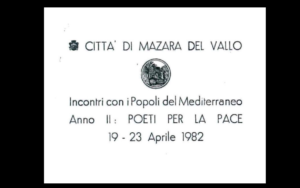
Magazine , AUTOCOSCIENZA – Parte II
Il margine che fa respirare lo sguardo: intervista a Chiara Bersani
Spunti di riflessione sul movimento e la cura dei corpi nelle arti performative.

Editions
Earthbound. Superare l’Antropocene – 2° Edizione
Come sfidare l'Antropocene? Cosa s'intende con Maschiocene? Che ruolo hanno gli studi di genere nella discussione?

Editions
Hypernature. Tecnoetica e tecnoutopie dal presente
Dinosauri riportati in vita, nanorobot in grado di ripristinare interi ecosistemi, esseri umani geneticamente potenziati. Ma anche intelligenze artificiali ispirate alle piante, sofisticati sistemi...
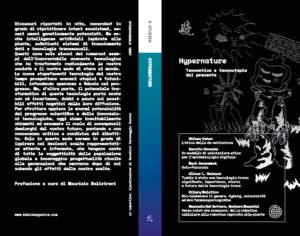
More on Digital Library & Projects
Digital Library
Il tempo delle meduse
Arte contemporanea ed emergenza sanitaria globale: un testo dell’équipe curatoriale del Museo de Arte Moderno de Buenos Aires.

Digital Library
Altro/alterità (other/otherness)
Il rapporto dell'Occidente con l'alterità tra definizioni geografiche e discriminazioni sociali.
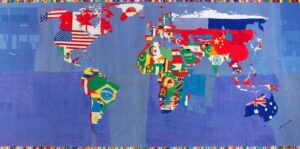
Projects
Earthbound. Ecologie di genere – Il video
Il video del talk "Earthbound. Ecologie di genere" in collaborazione con TCC e Careof

Projects
Earthbound. Ecologie di genere
KABUL ft. Carof & TCC

Iscriviti alla Newsletter
"Information is power. But like all power, there are those who want to keep it for themselves. But sharing isn’t immoral – it’s a moral imperative” (Aaron Swartz)
-
Docente, critica, editor e curatrice indipendente. Insegna Scrittura creativa, Fenomenologia delle arti contemporanee ed Estetica all’Accademia di Belle Arti “Rosario Gagliardi” - MADE Program di Siracusa. Inoltre, tiene corsi di Metodologie e tecniche del contemporaneo e Ultime tendenze delle arti visive presso lo IED di Milano. È project leader del progetto "Osservatorio Creatività" della Fondazione Francesco Morelli. È cofondatrice di REPLICA, archivio italiano di libri d'artista, e di KABUL magazine, associazione culturale, casa editrice indipendente e rivista di arte e cultura contemporanea. Ha pubblicato saggi per Postmediabooks, Skira, AgenziaX e Nomos Edizioni, e collabora con varie riviste specializzate.Con il progetto curatoriale e di ricerca REPLICA è stata vincitrice della borsa di studio Italian Council XII Edizione promossa dal Ministero dei Beni Culturali. Dal 2015 al 2020 è stata direttrice di Villa Vertua Masolo, il museo civico di Nova Milanese.
M. Bakhtin, L’autore e l’eroe. Teoria letteraria e scienze umane, Einaudi, Turin 1988.
M. Bakhtin, Problemi dell’opera di Dostoevskij, Edizioni del Sud, Bari 1997.
K. Clark, M. Holquist, Michail Bachtin, il Mulino, Bologna 1984.
M. De Michiel, Il non-alibi del leggere. Michail Bachtin. Problemi dell’opera di Dostoevskij 1929, Università degli Studi di Trieste, Trieste 2001.
P. Della Posta, A. M. Rossi, Effetti, potenzialità e limiti della globalizzazione. Una visione multidisciplinare, Springer, Milan 2007.
A. Ponzio, Scrittura, dialogo e alterità. Tra Bachtin e Lévinas, La Nuova Italia, Florence 1994.
F. Remotti, Noi, primitivi. Lo specchio dell’antropologia, Bollati Boringhieri, Turin 2006.
R. Salizzoni, M. Bachtin. Autore e eroe, Trauben, Turin 2003.
P. Sloterdijk, Il mondo dentro il capitale, Meltemi, Rome 2006.
P. Sloterdijk, L’ultima sfera. Breve storia filosofica della globalizzazione, Carocci, Rome 2005.
B. Waldenfels, Fenomenologia dell’estraneo, Raffaello Cortina Editore, Milan 2008.
KABUL è una rivista di arti e culture contemporanee (KABUL magazine), una casa editrice indipendente (KABUL editions), un archivio digitale gratuito di traduzioni (KABUL digital library), un’associazione culturale no profit (KABUL projects). KABUL opera dal 2016 per la promozione della cultura contemporanea in Italia. Insieme a critici, docenti universitari e operatori del settore, si occupa di divulgare argomenti e ricerche centrali nell’attuale dibattito artistico e culturale internazionale.






